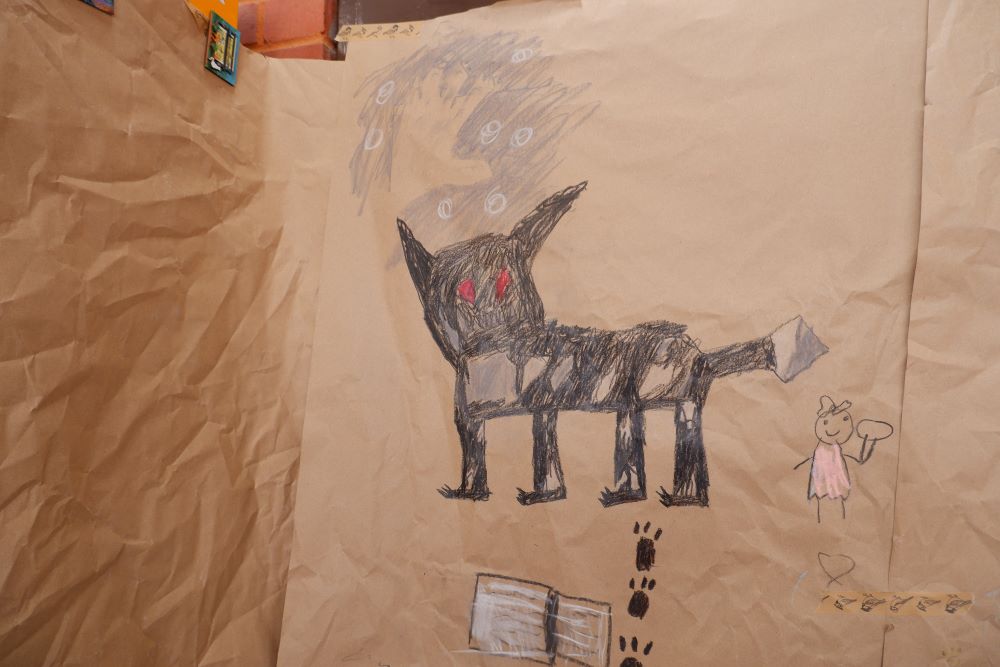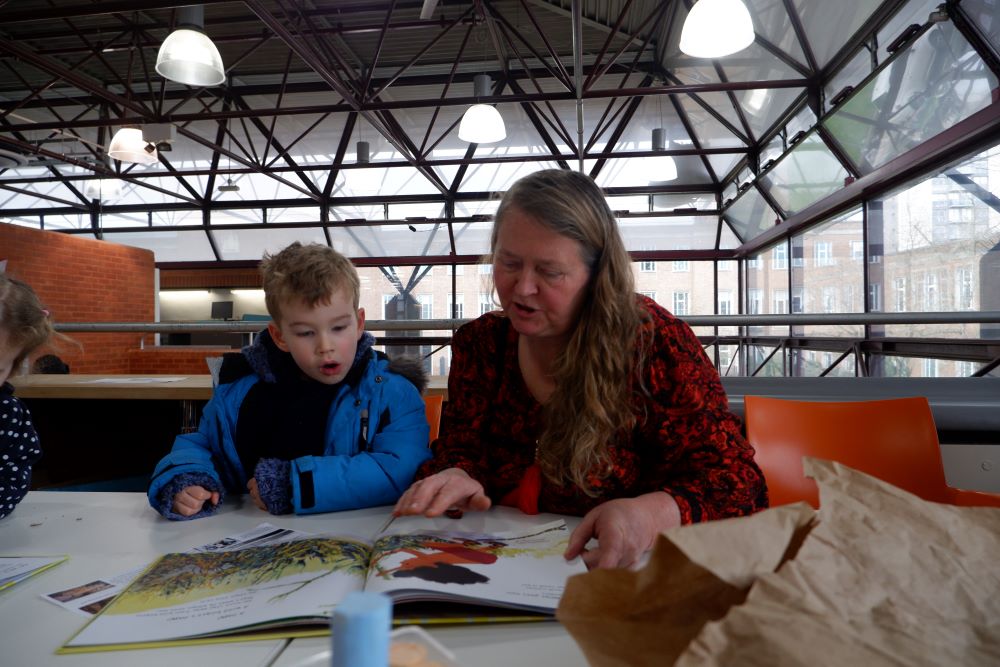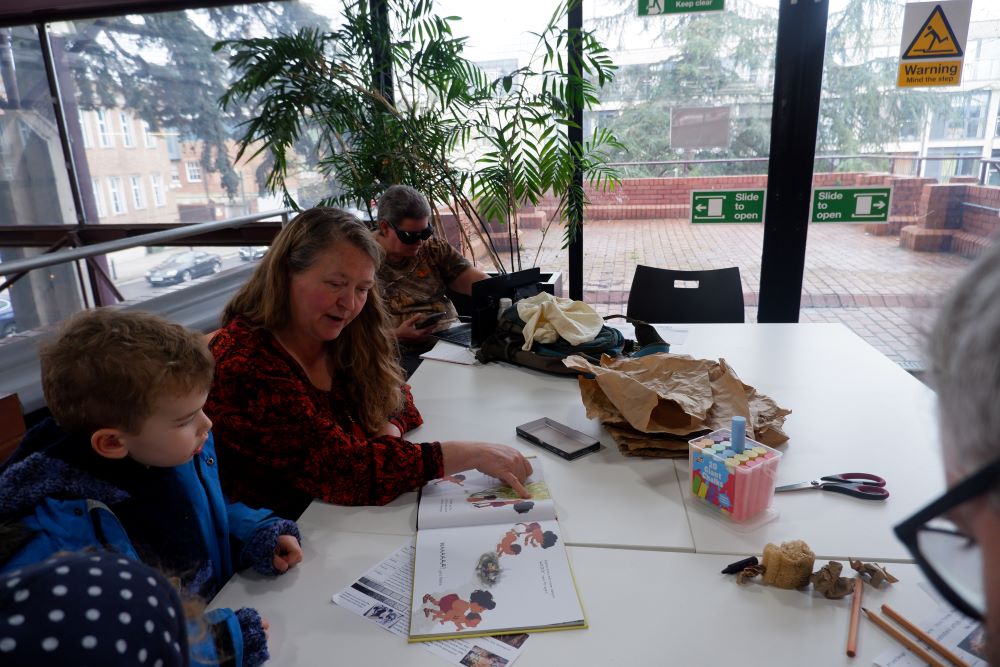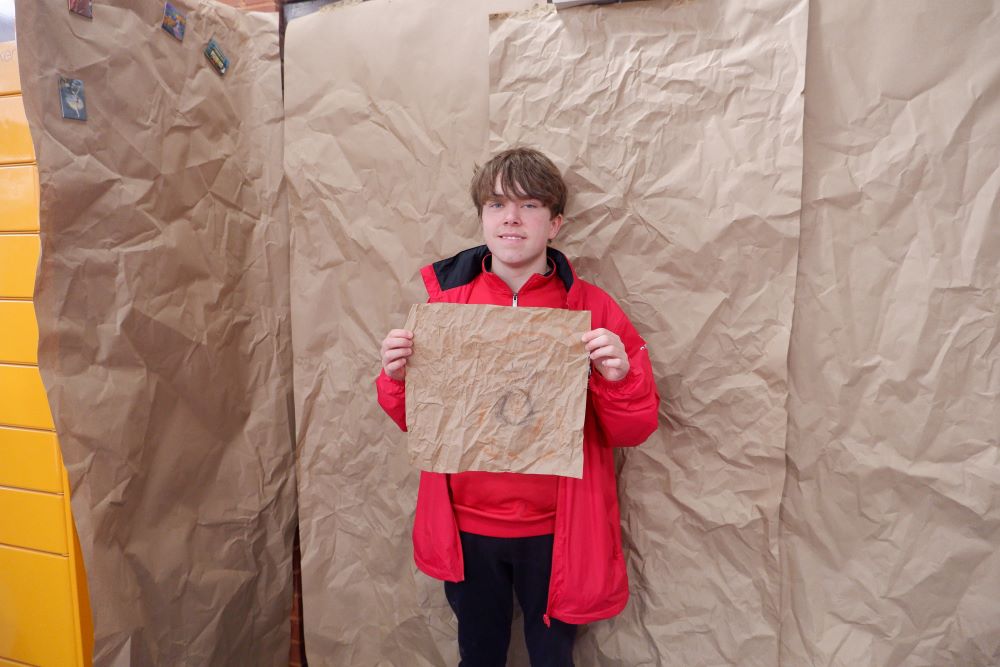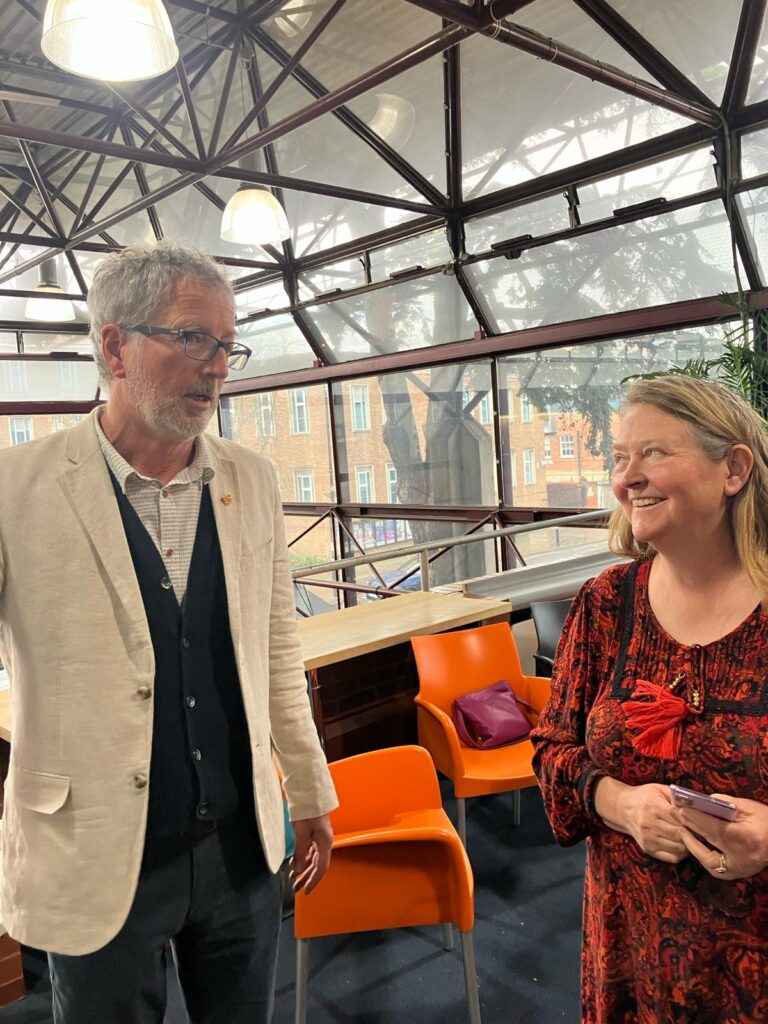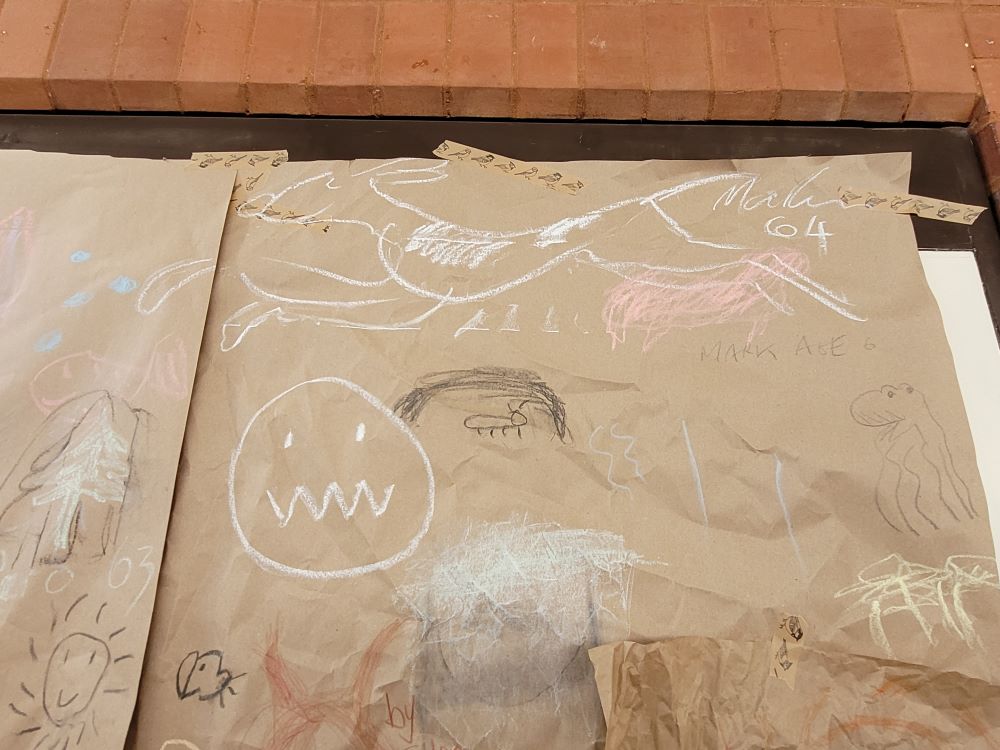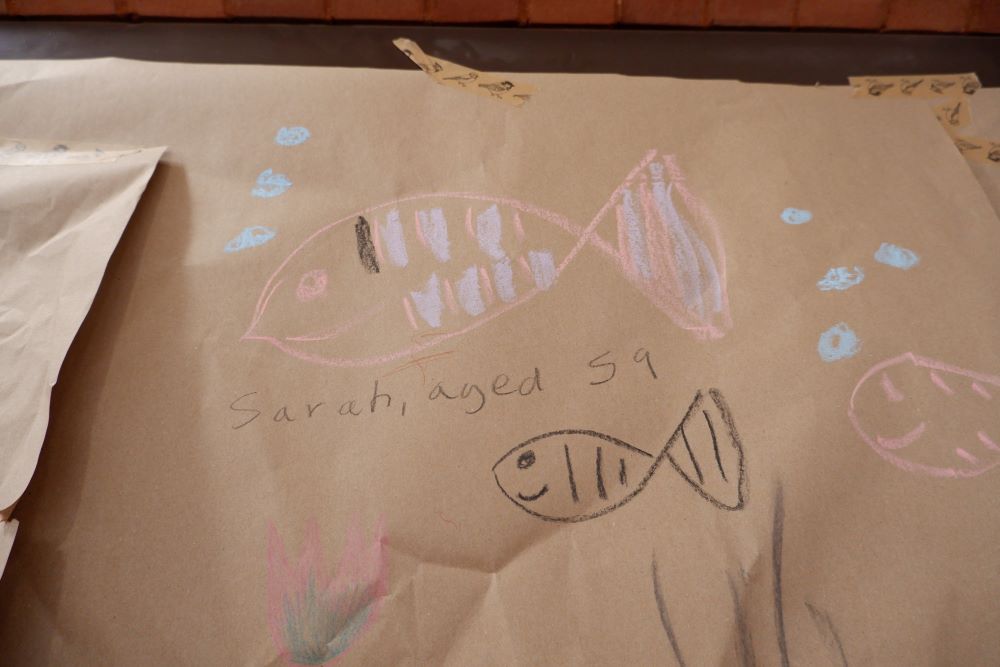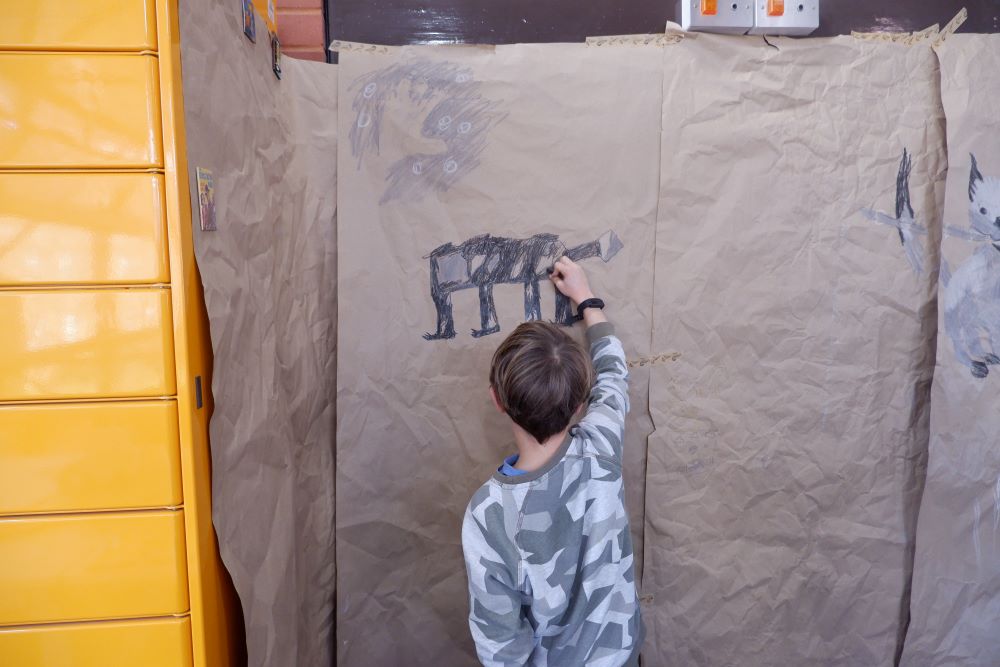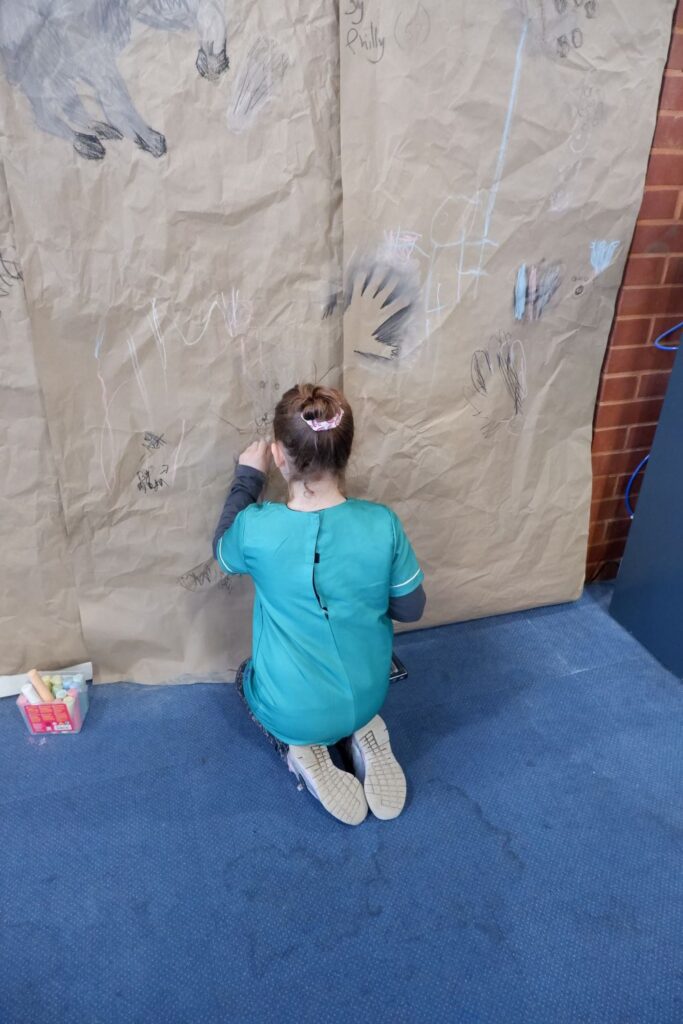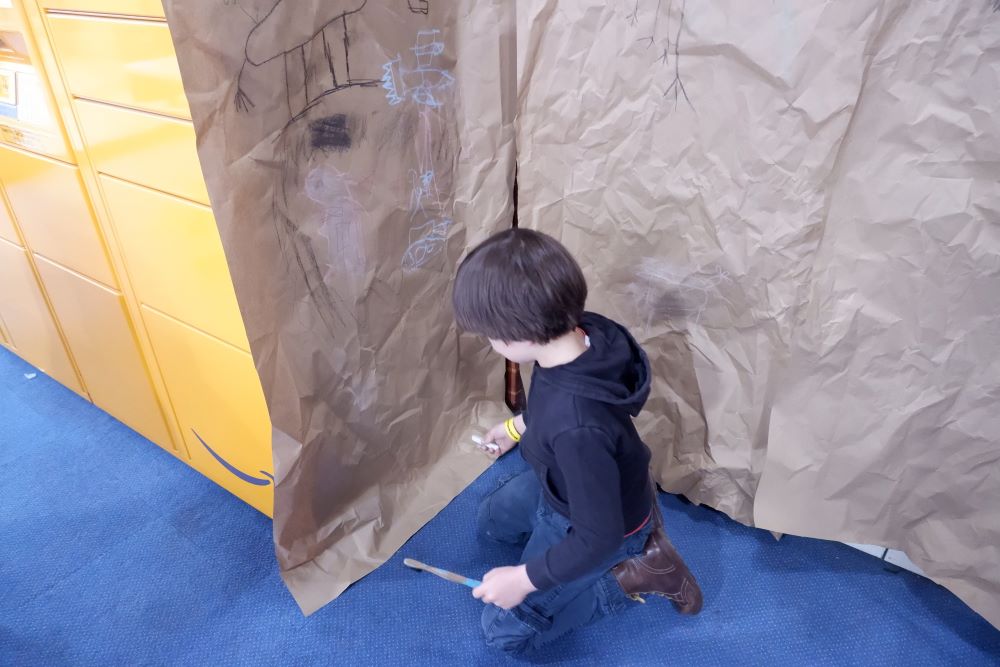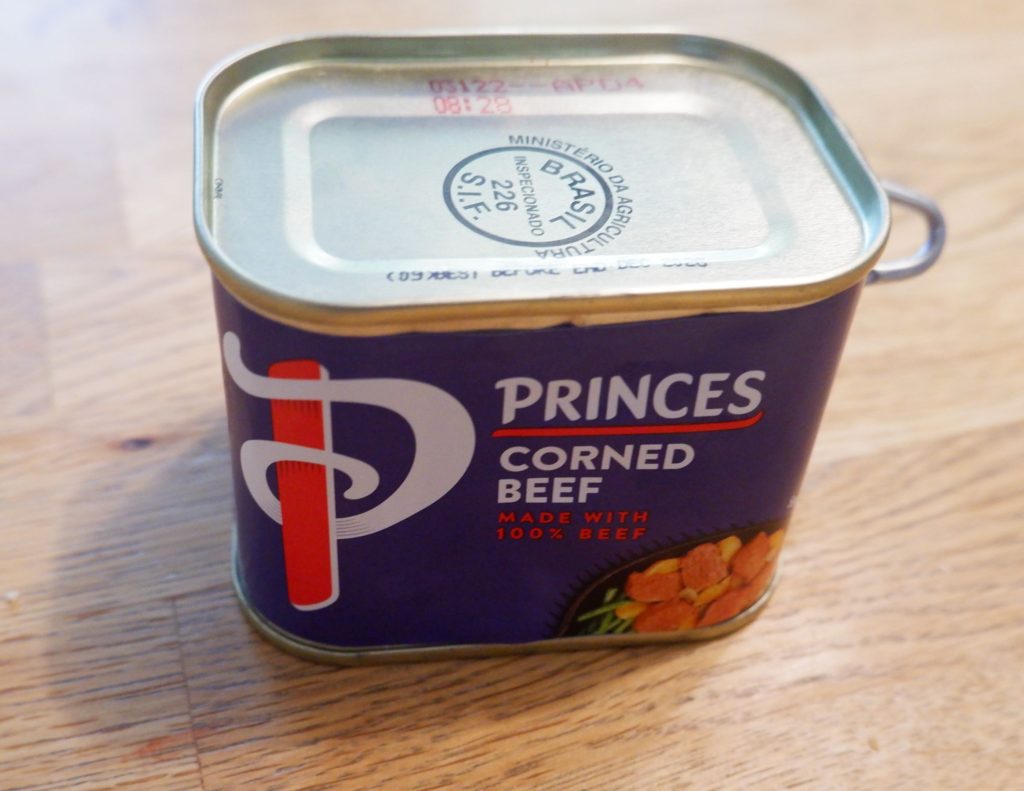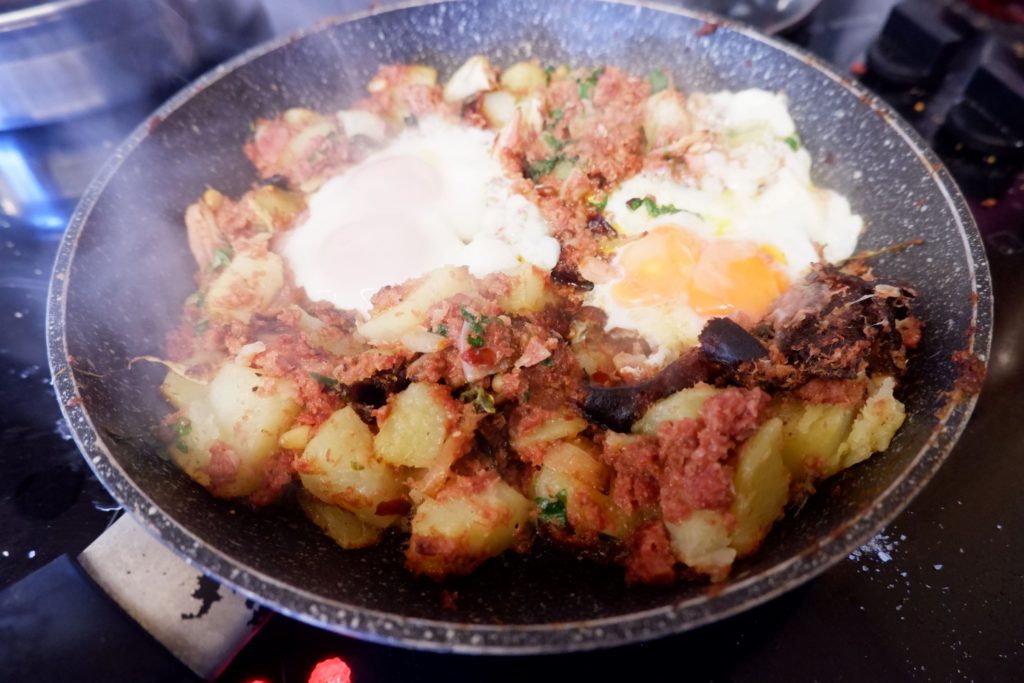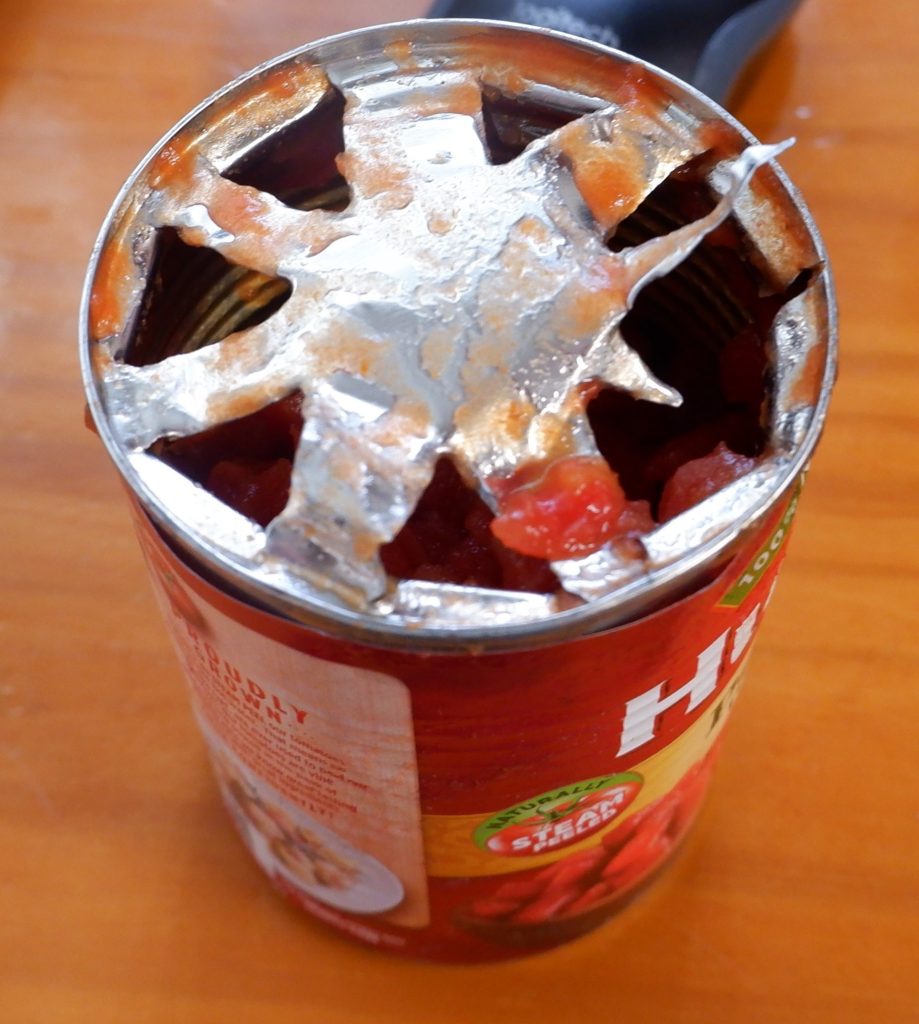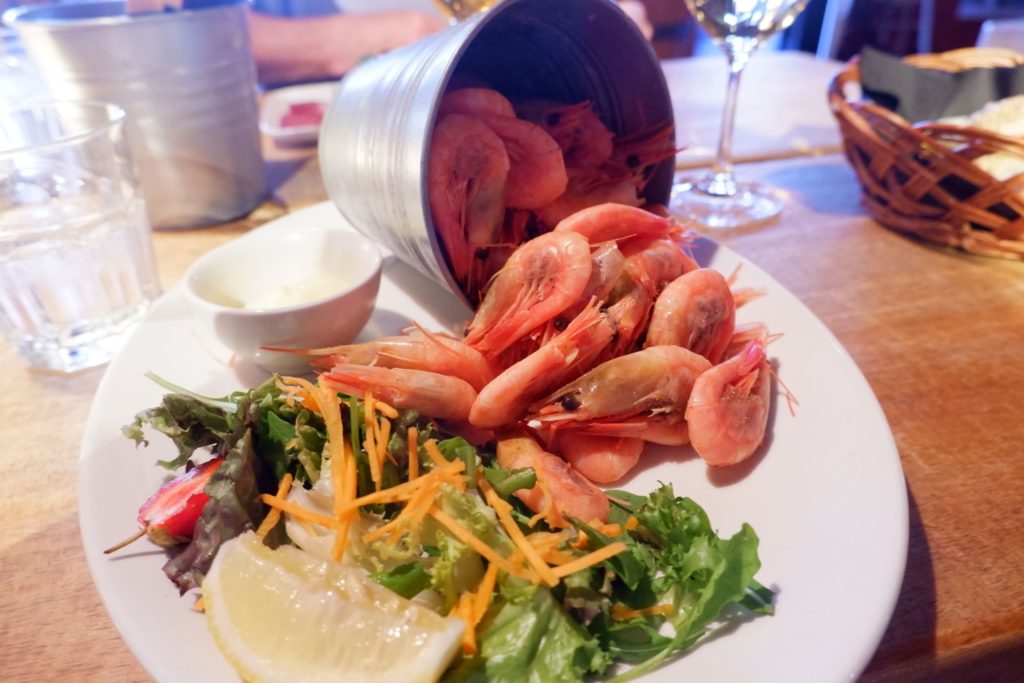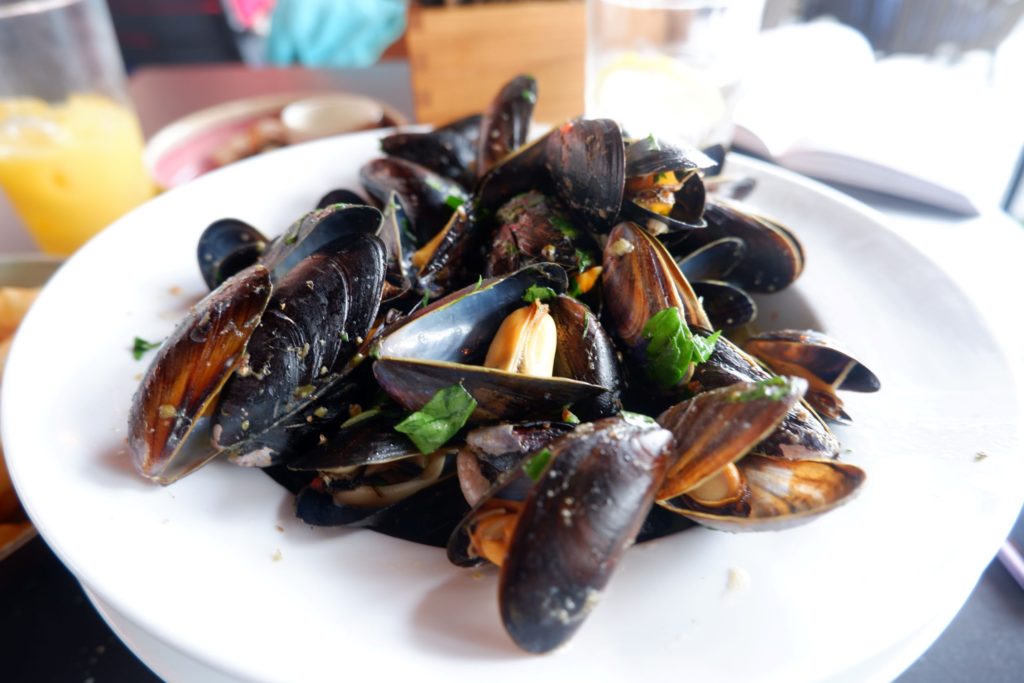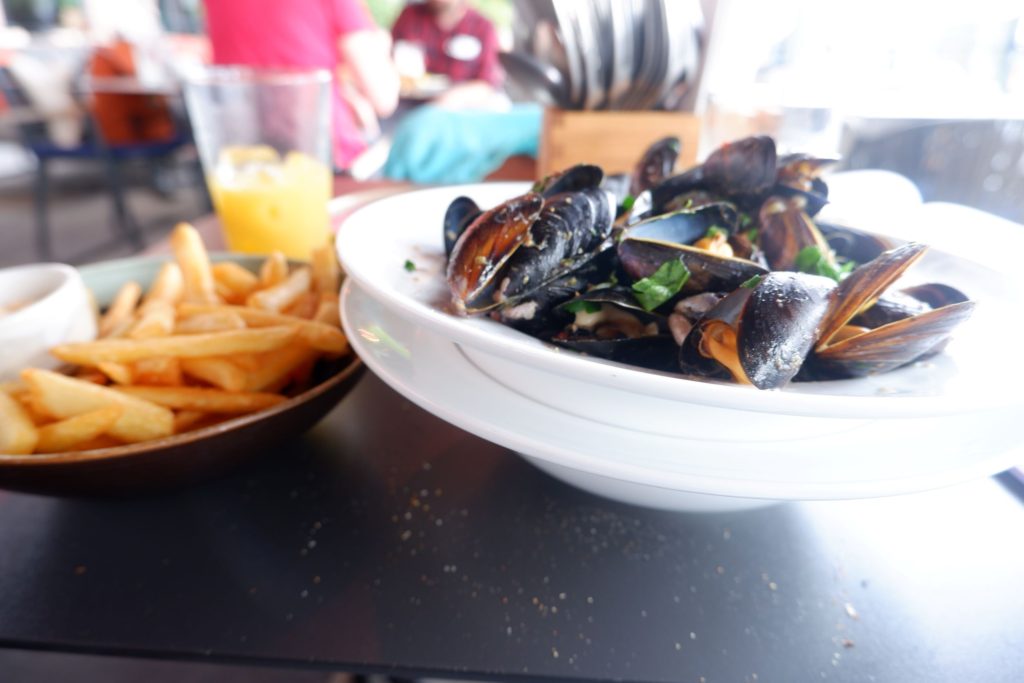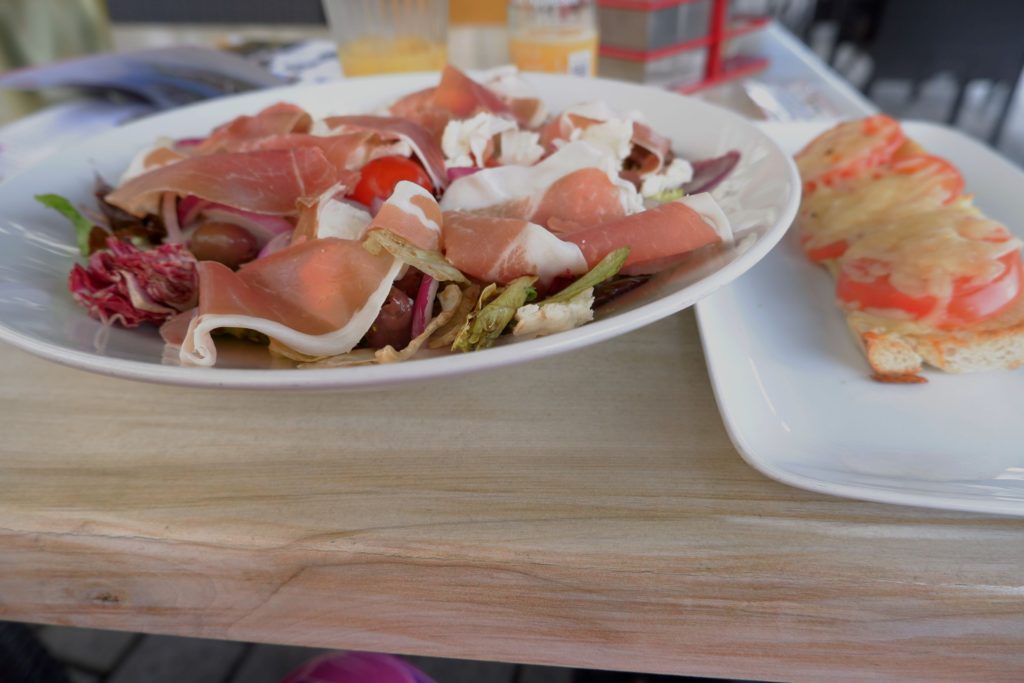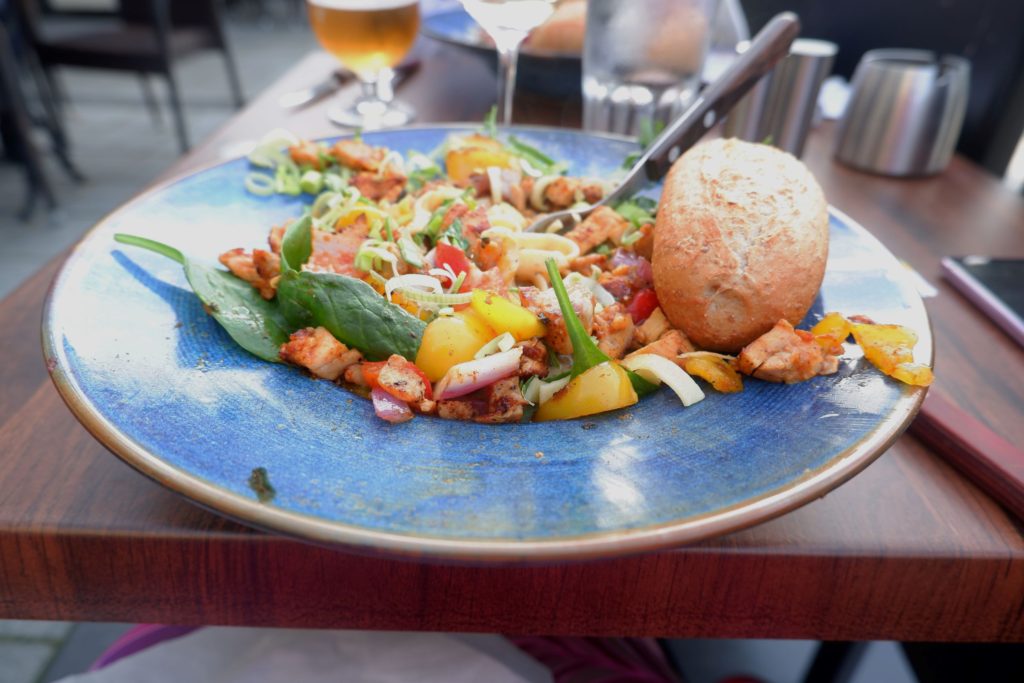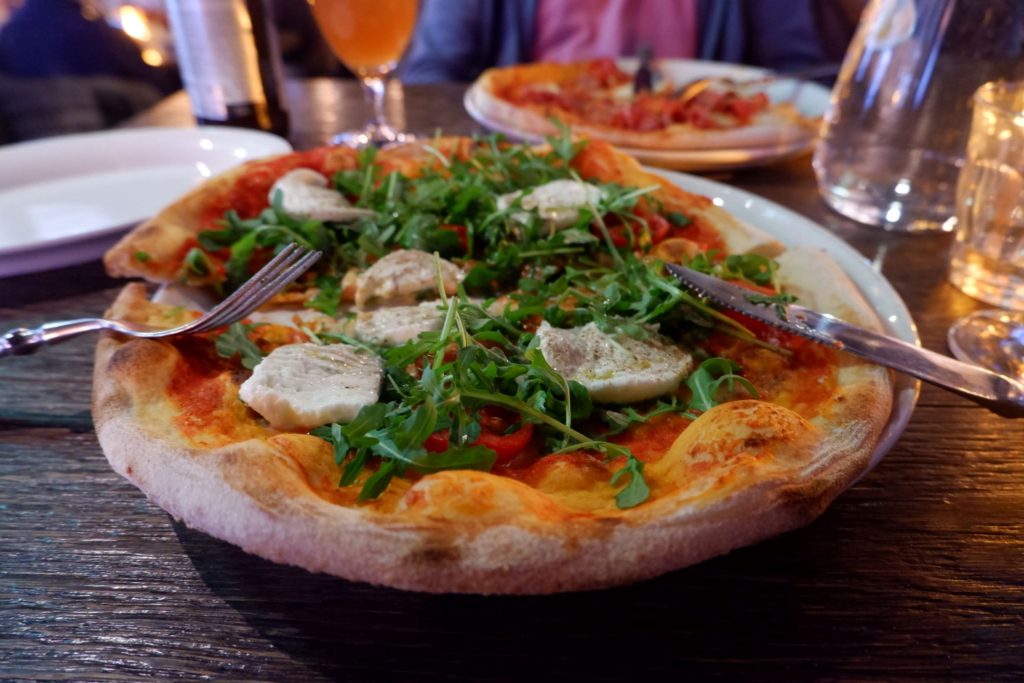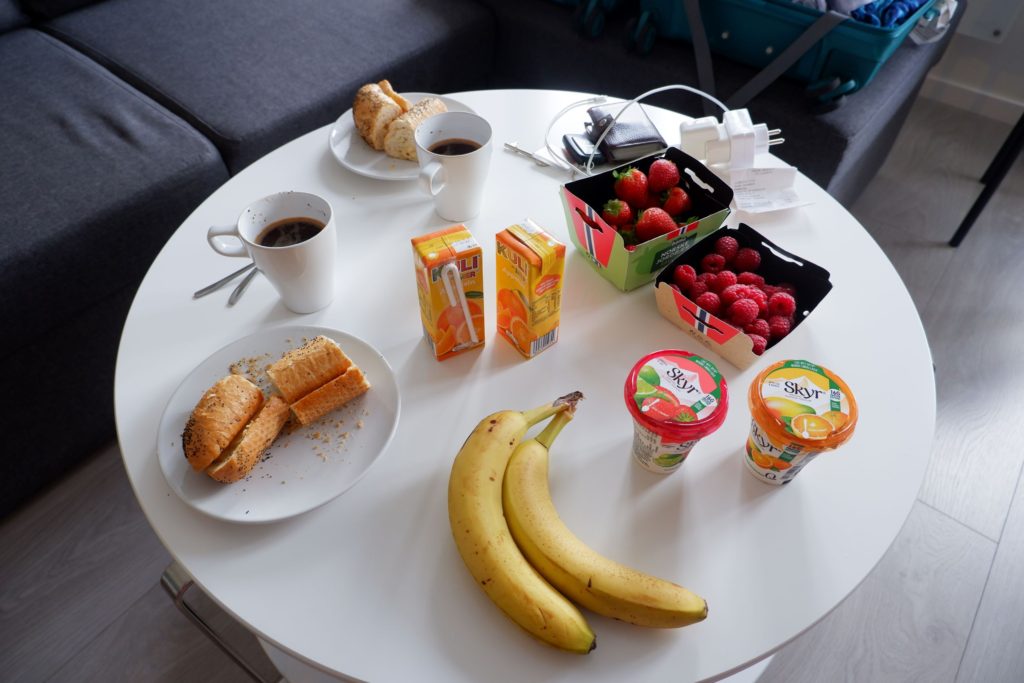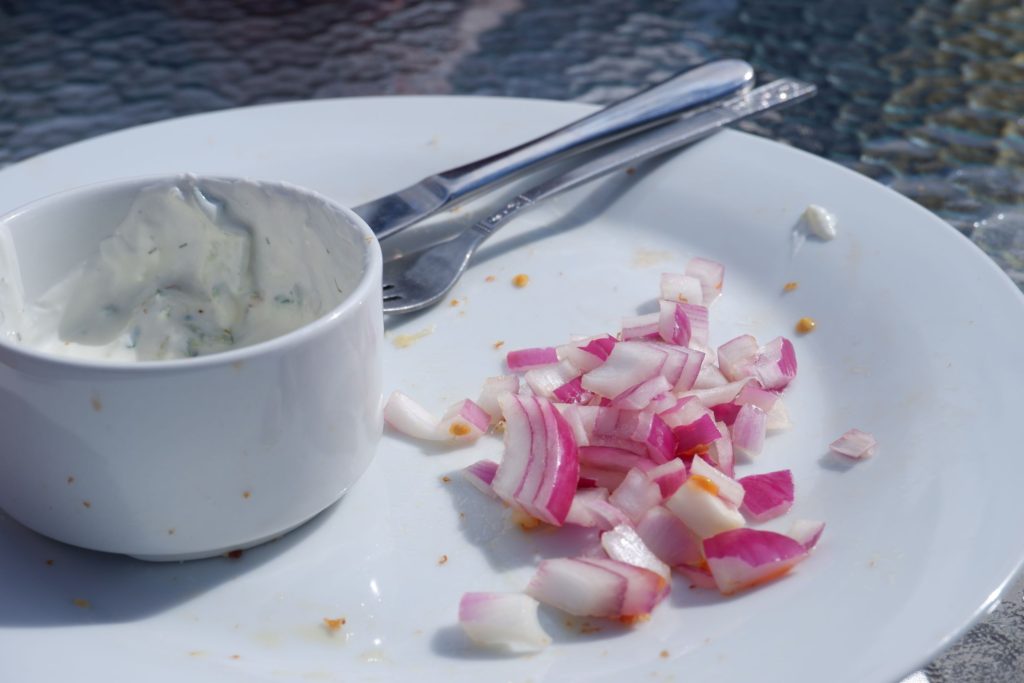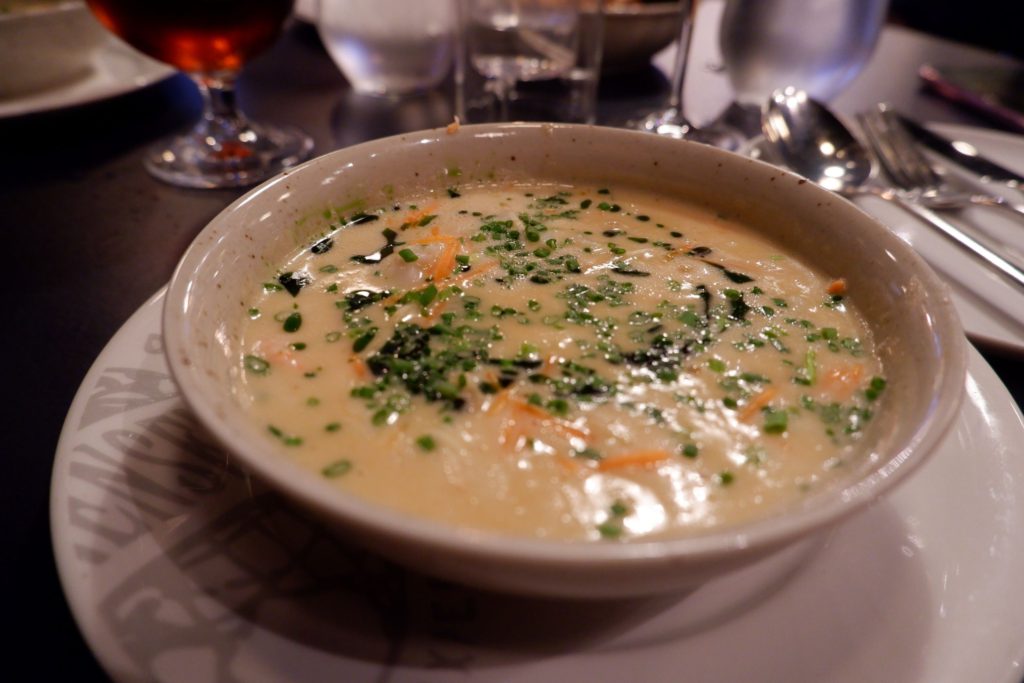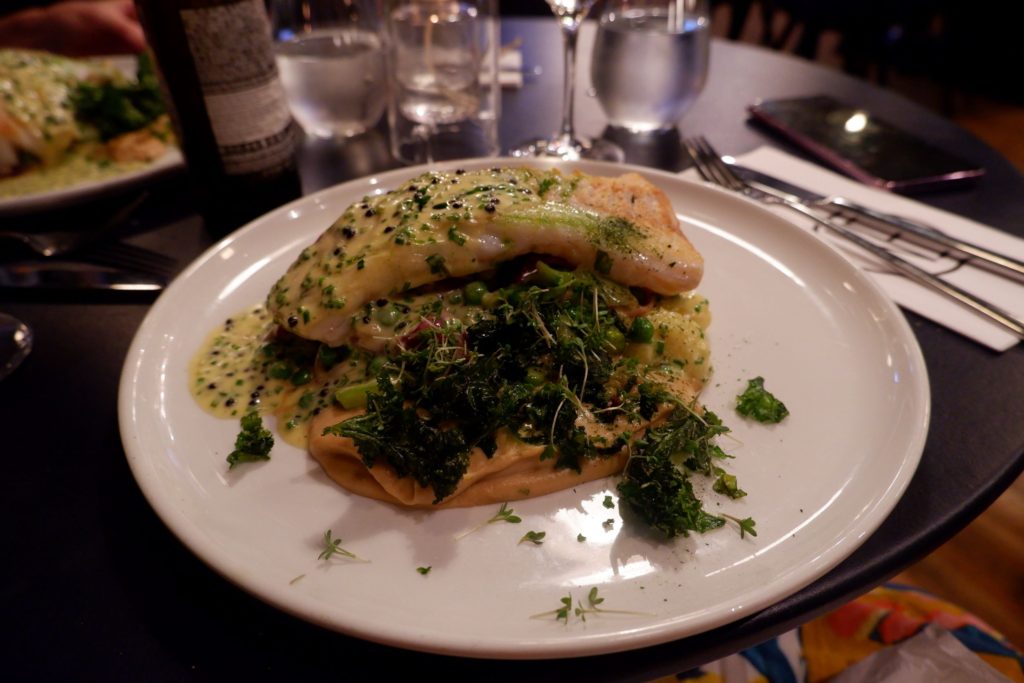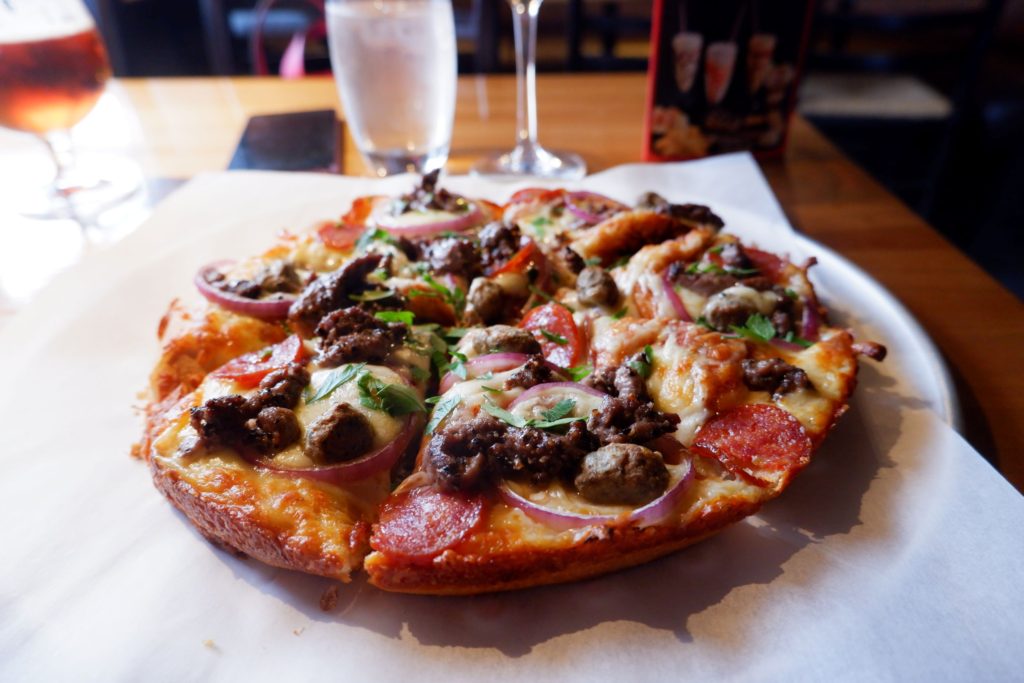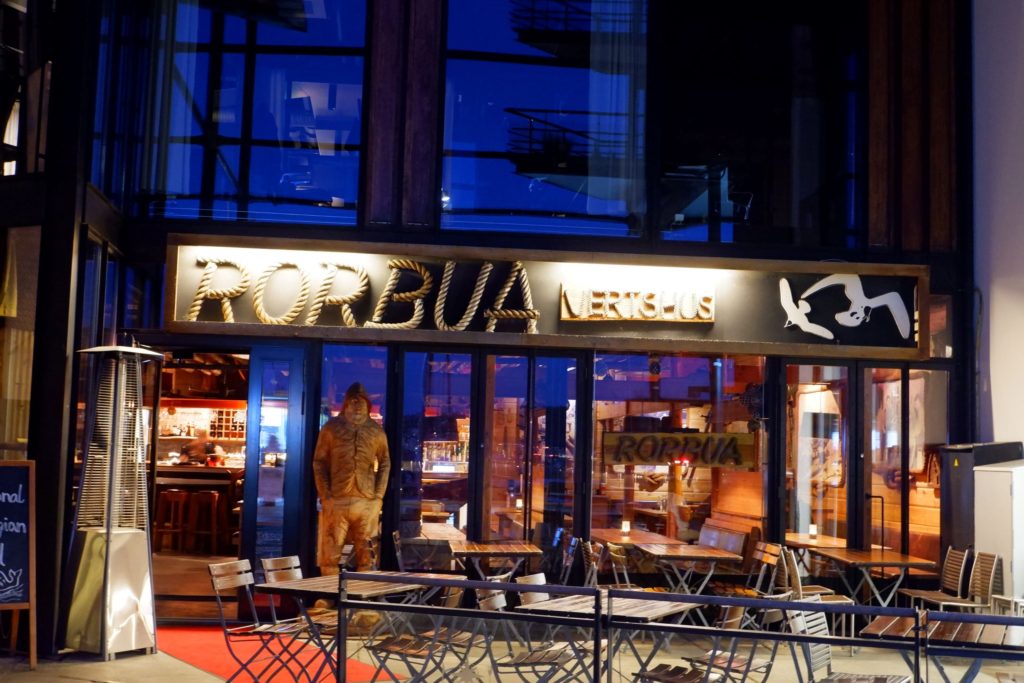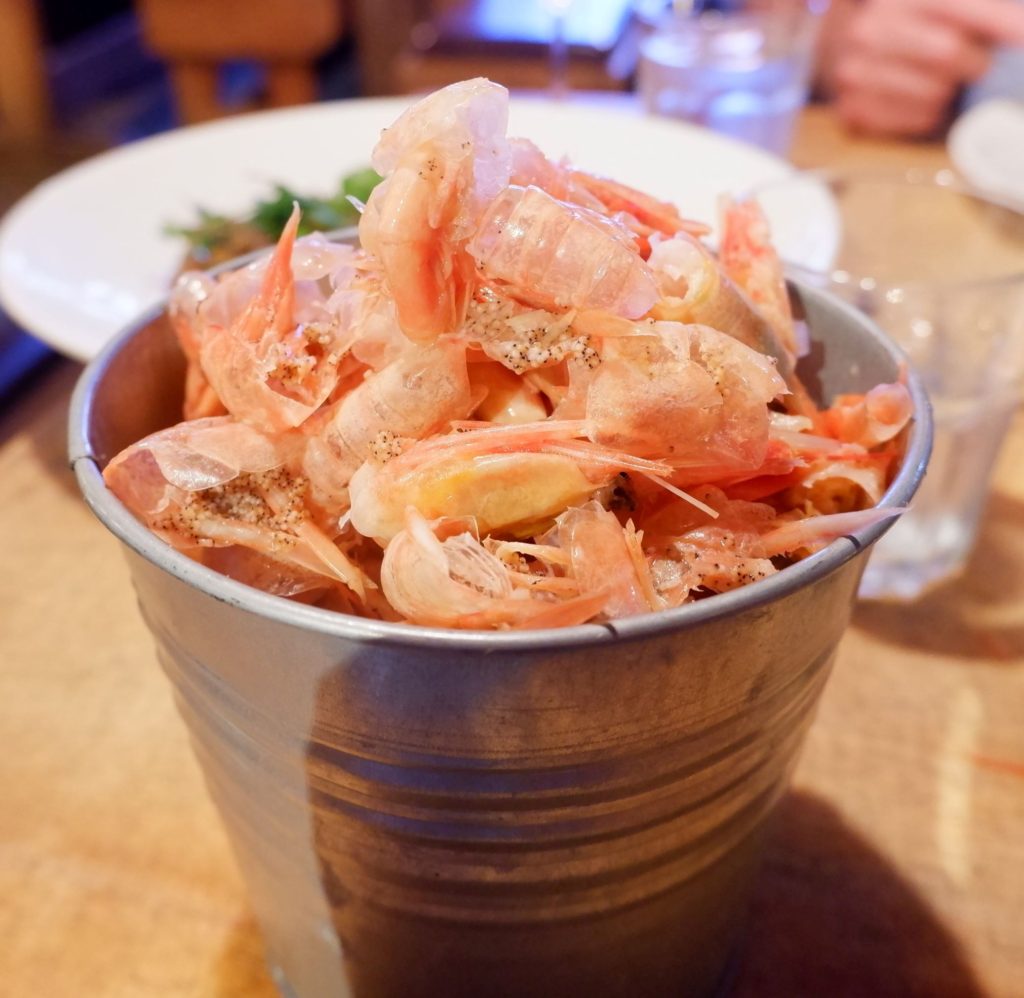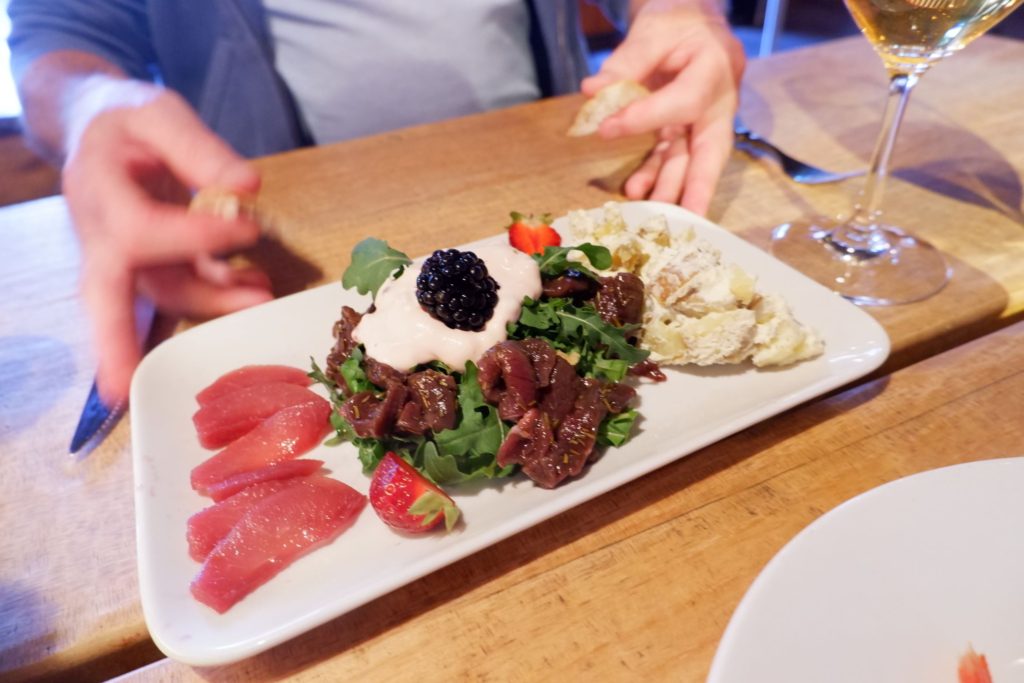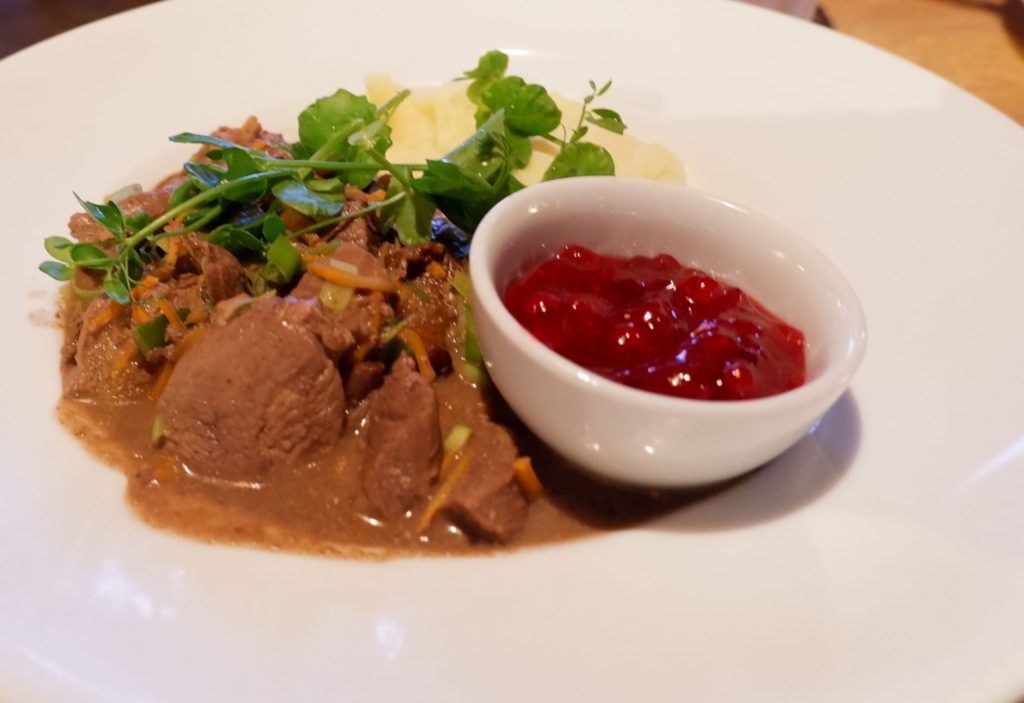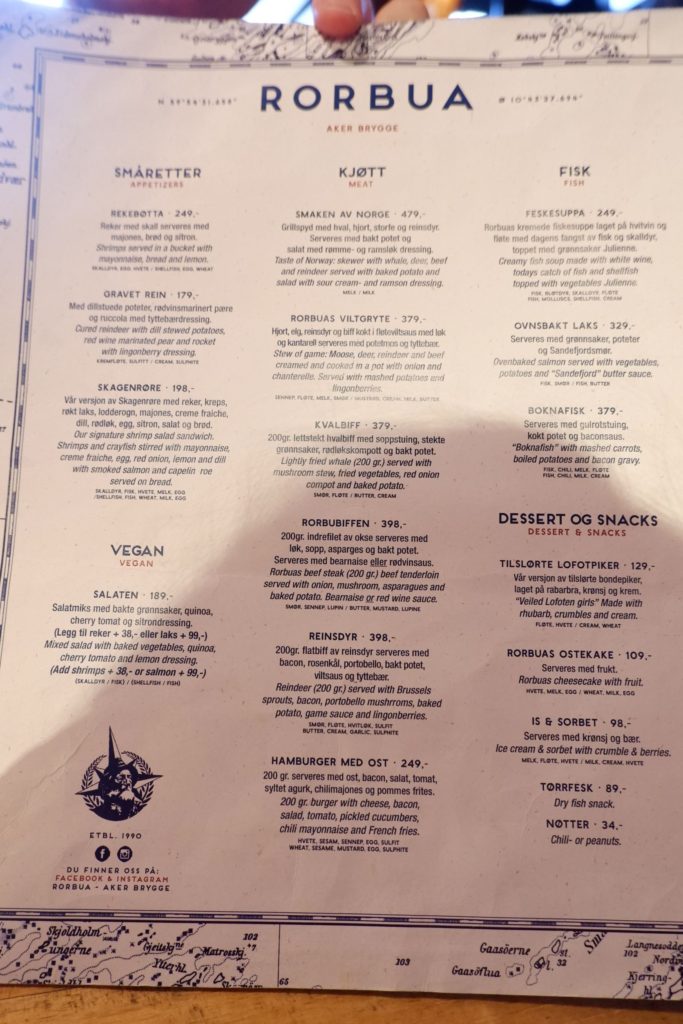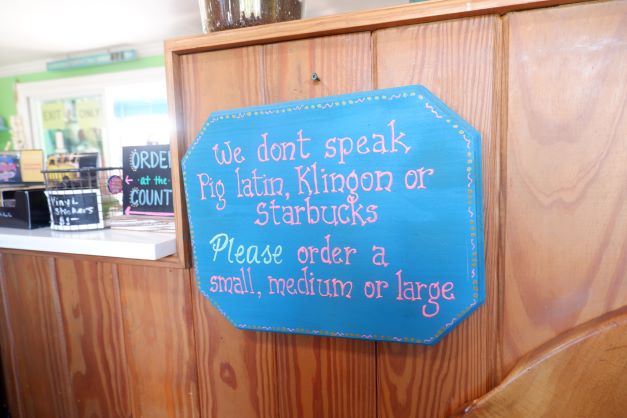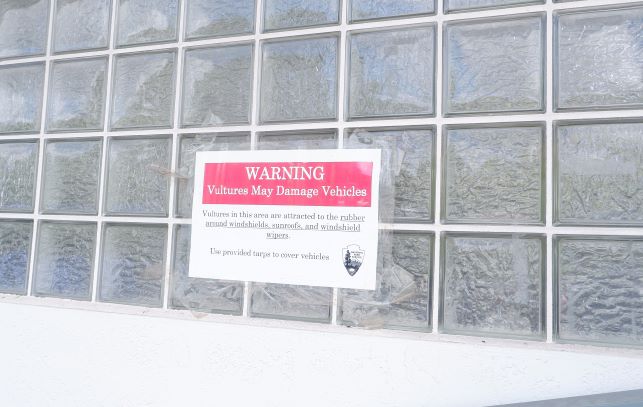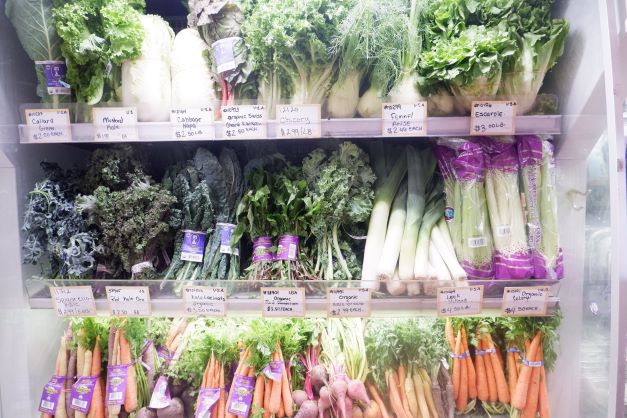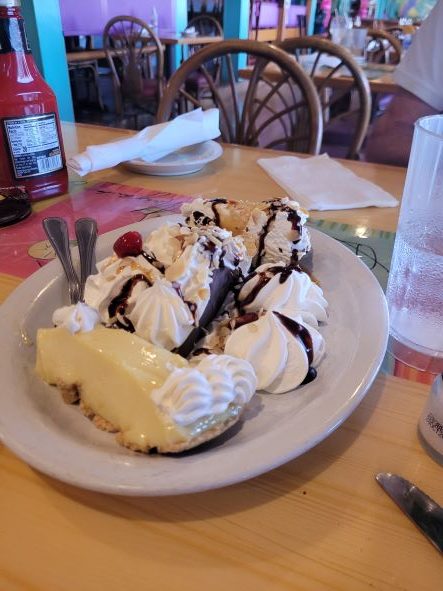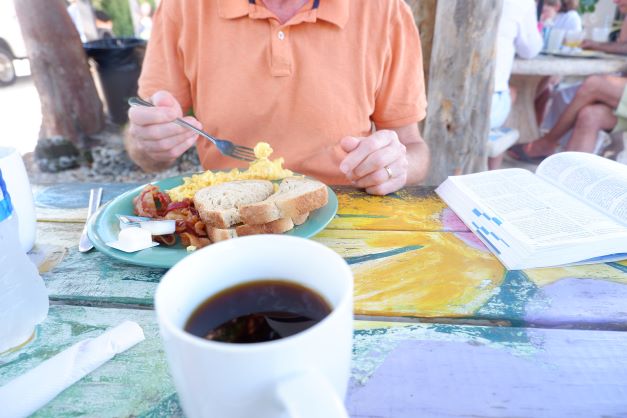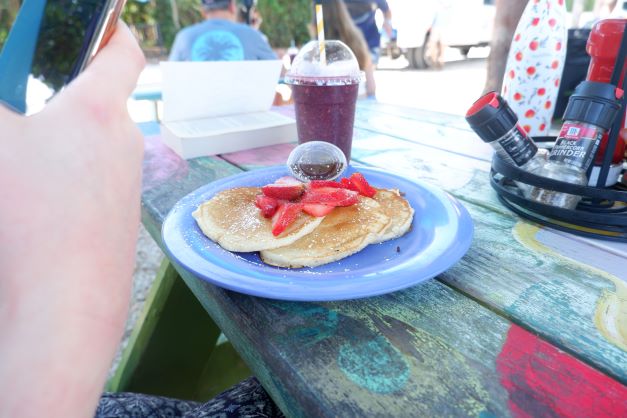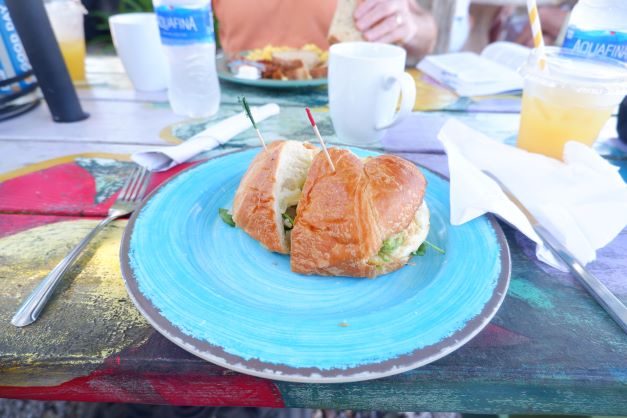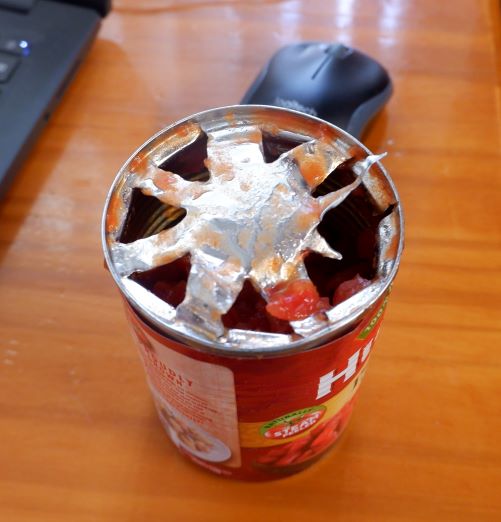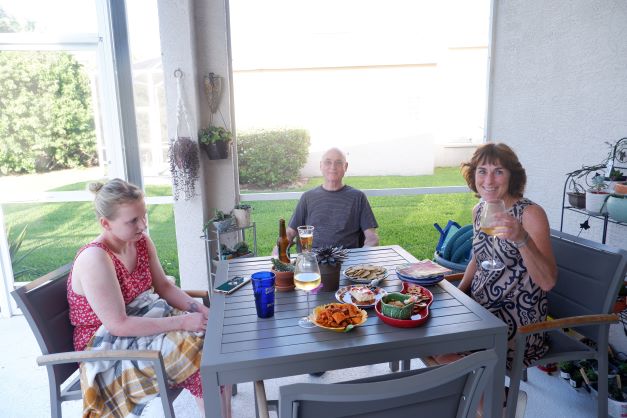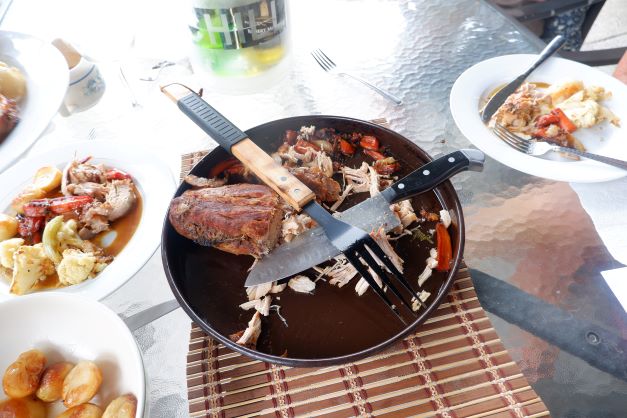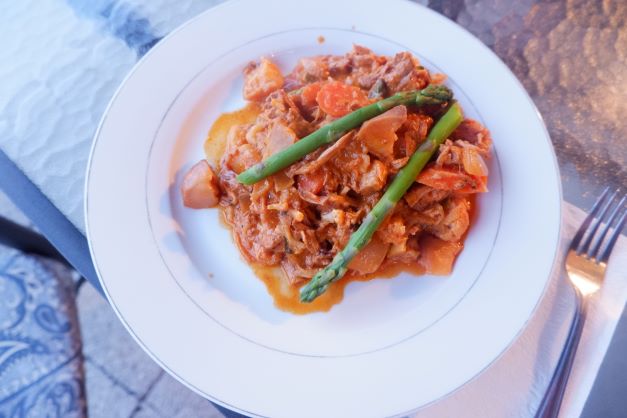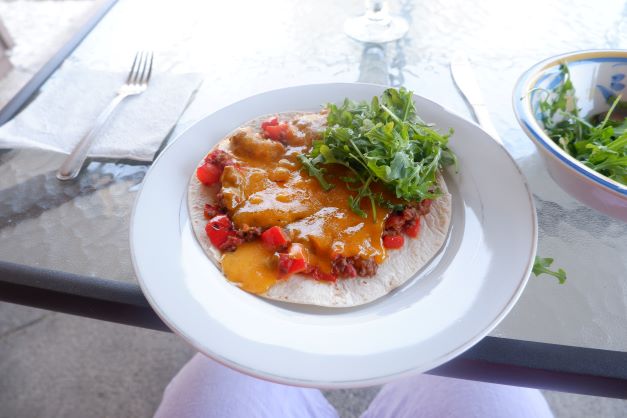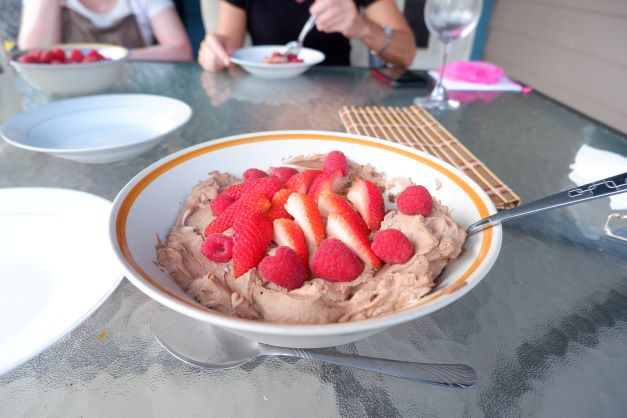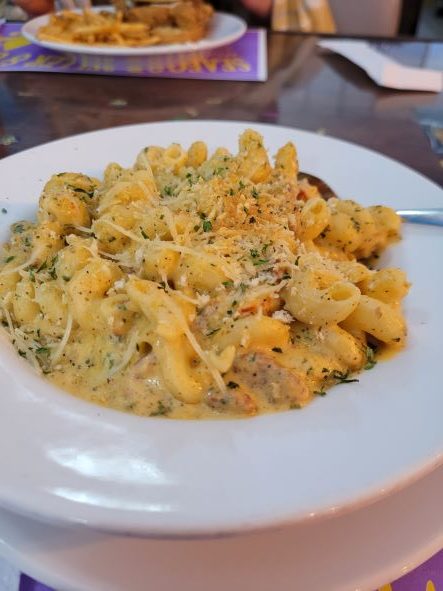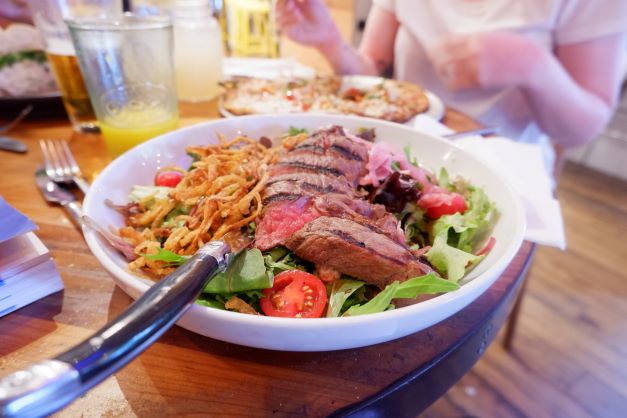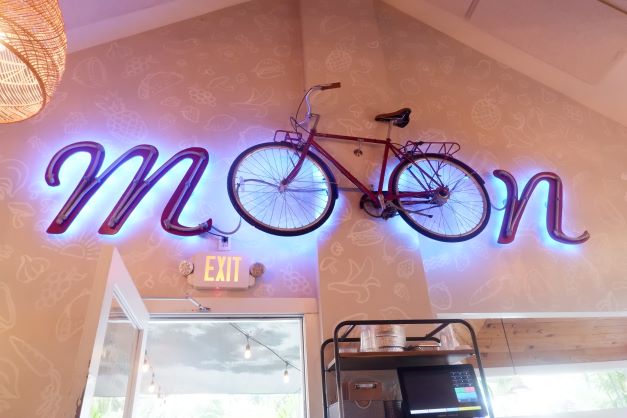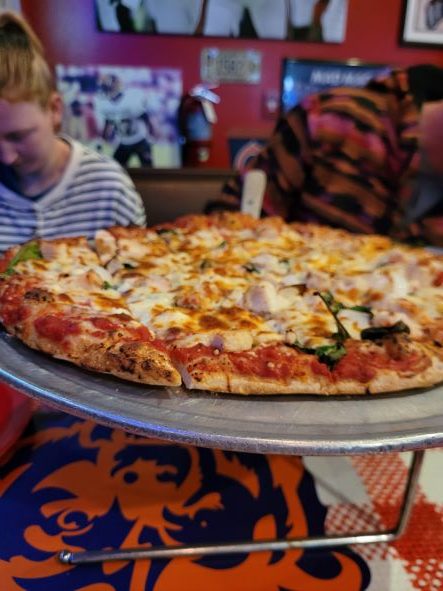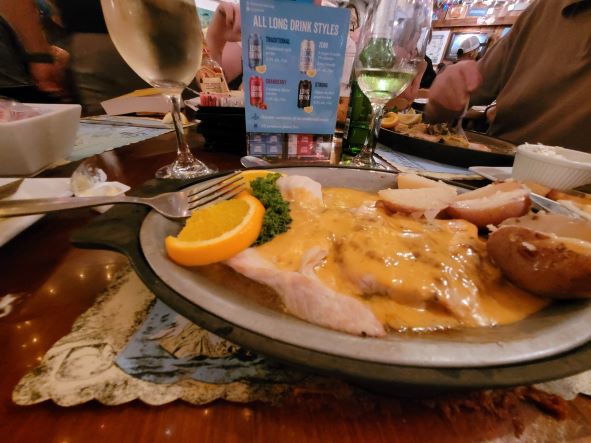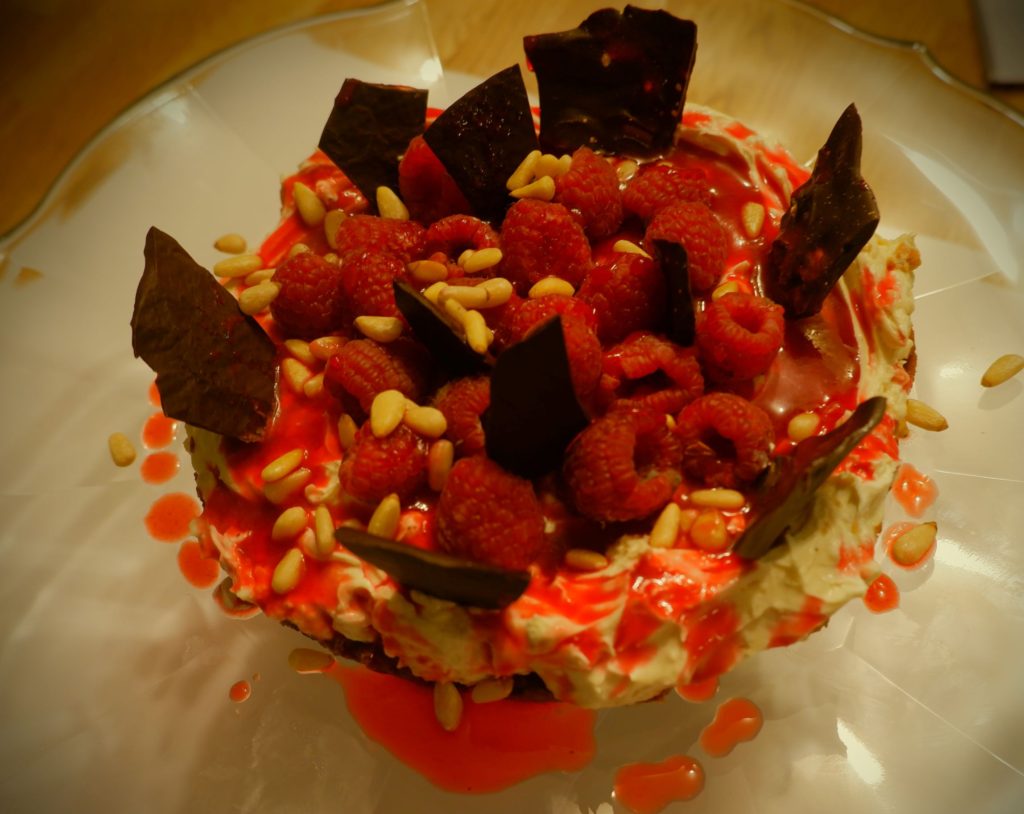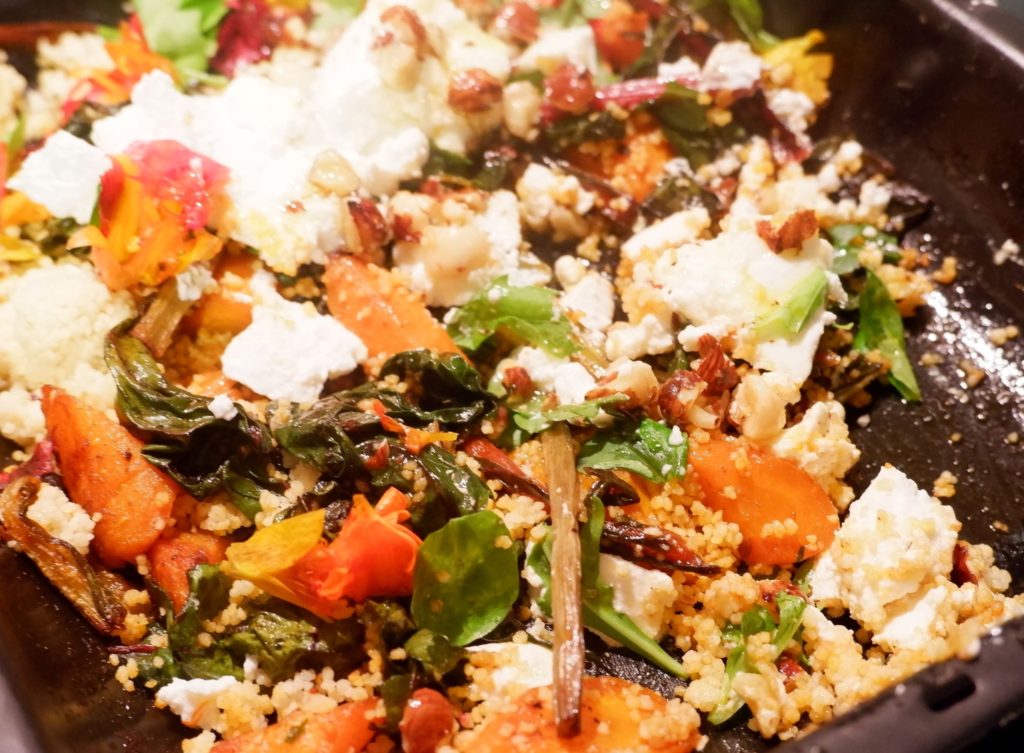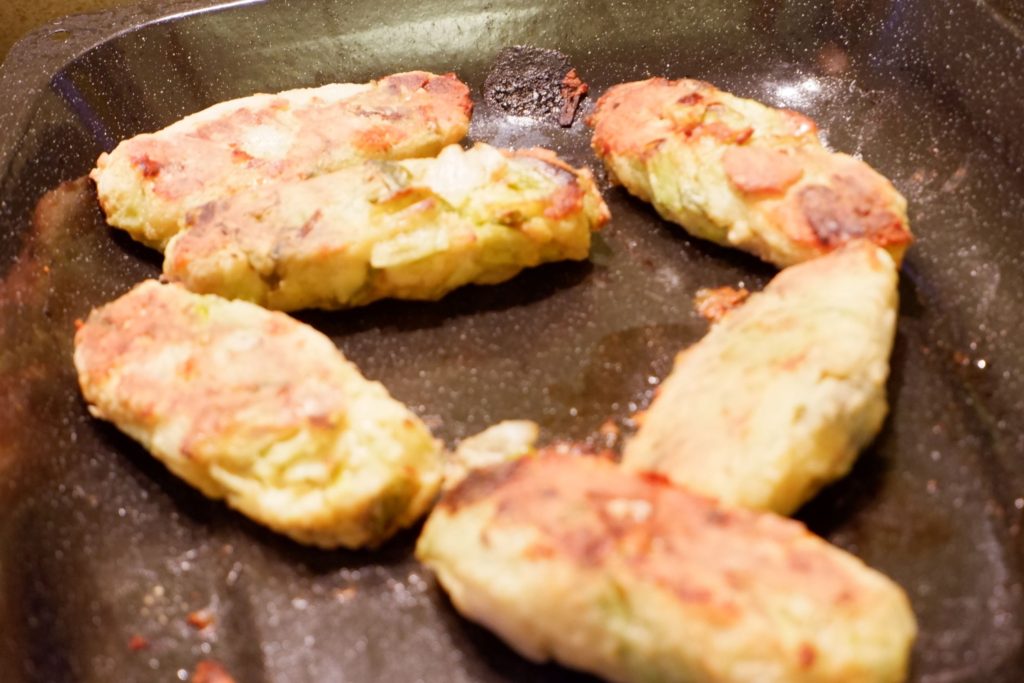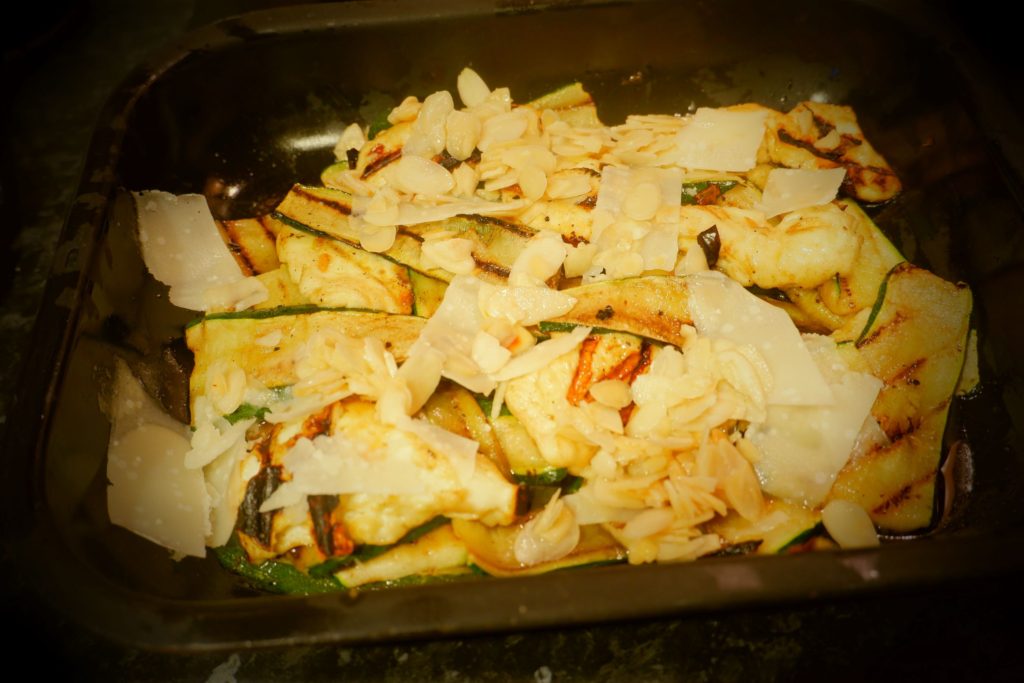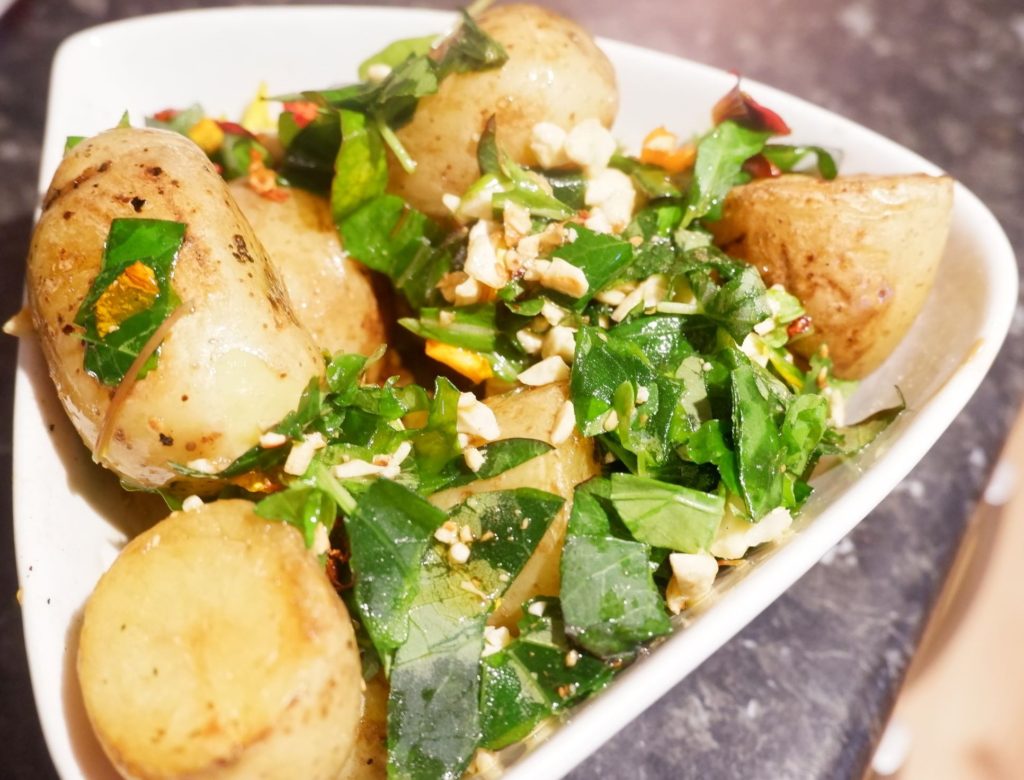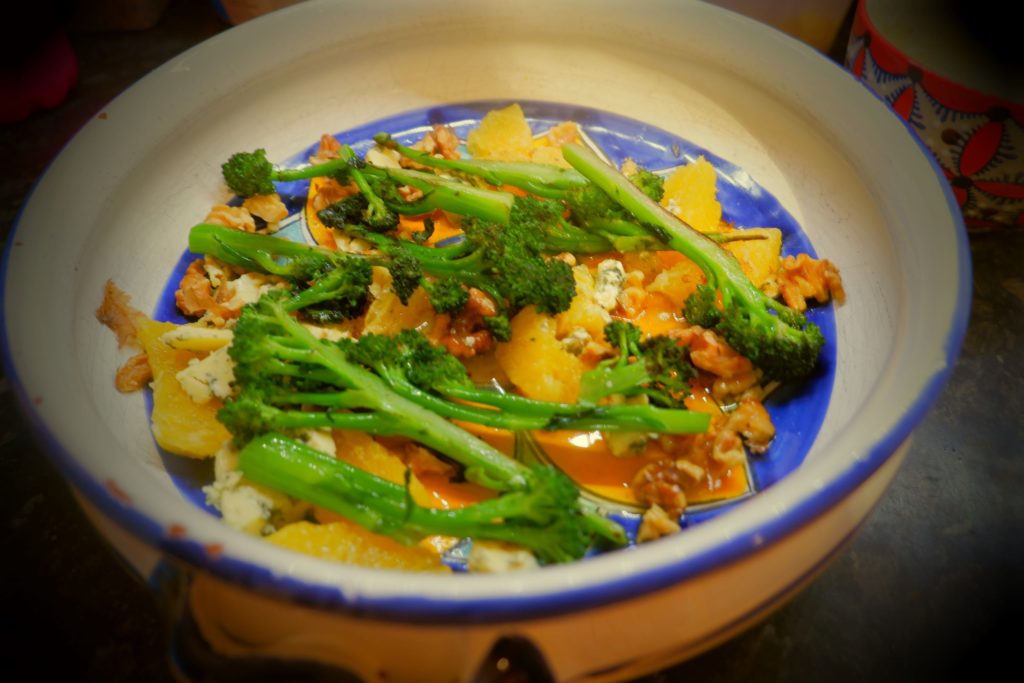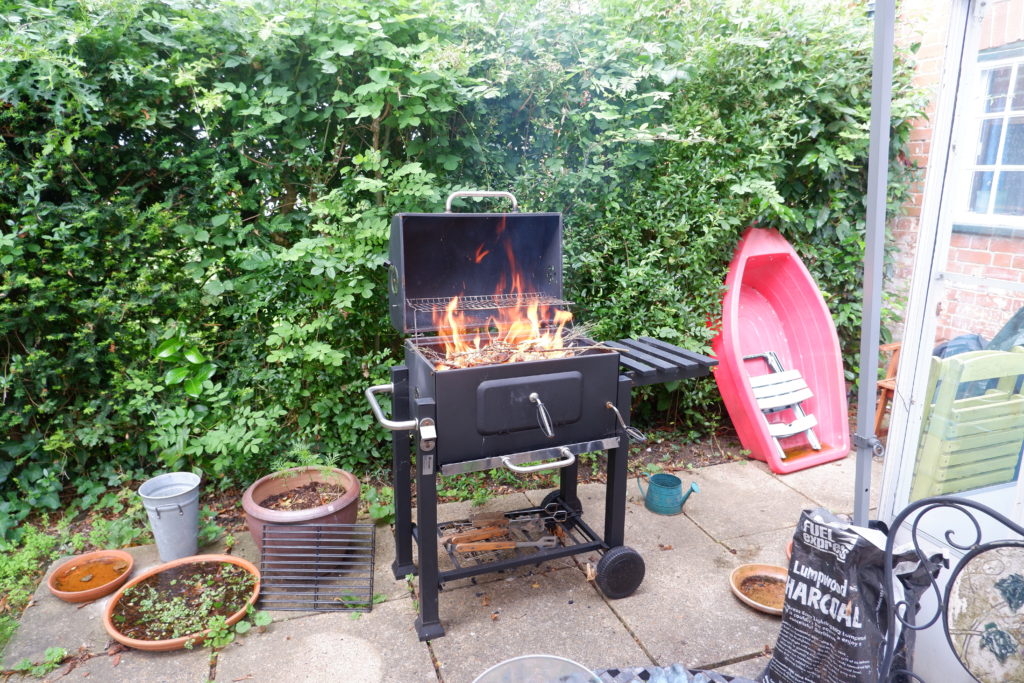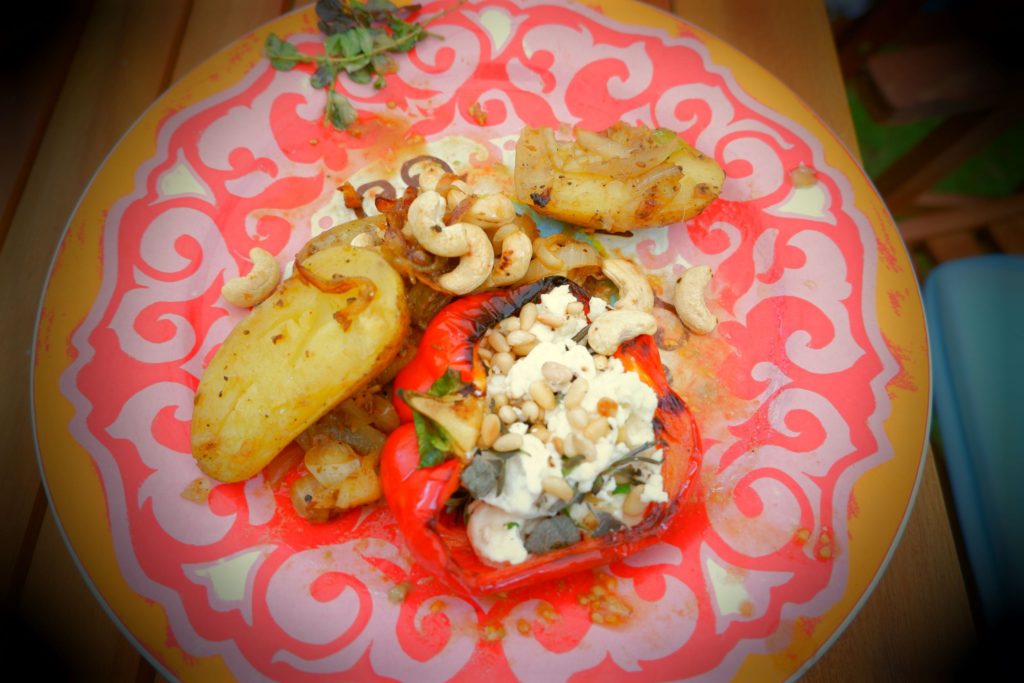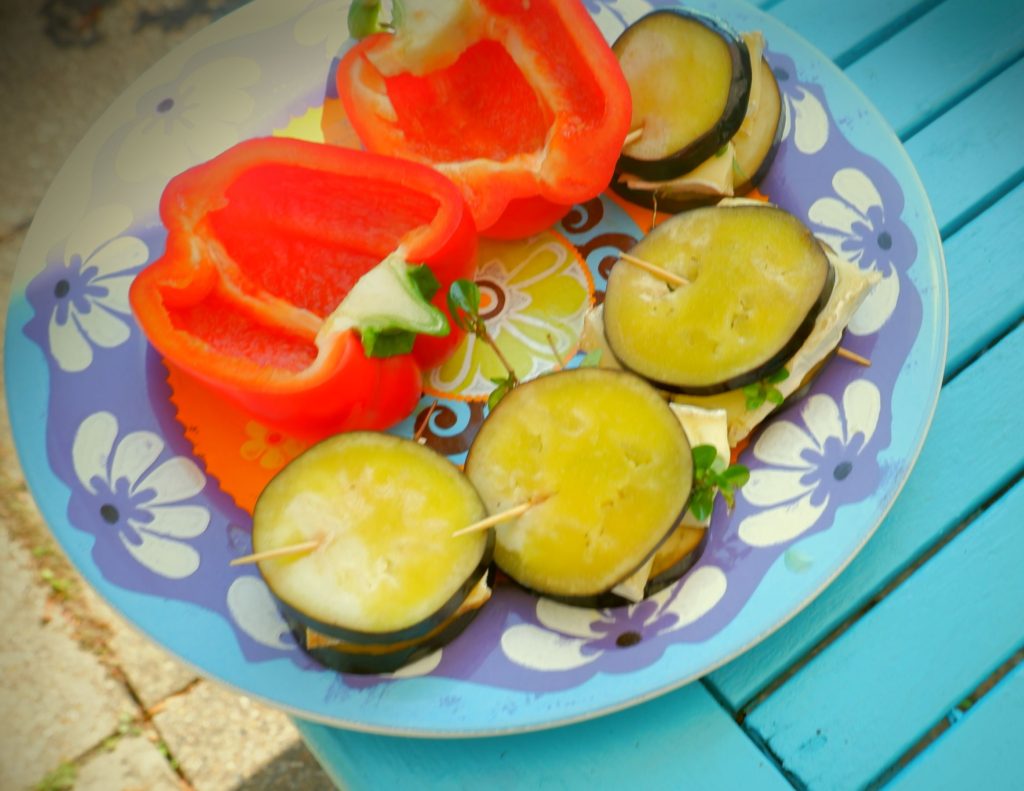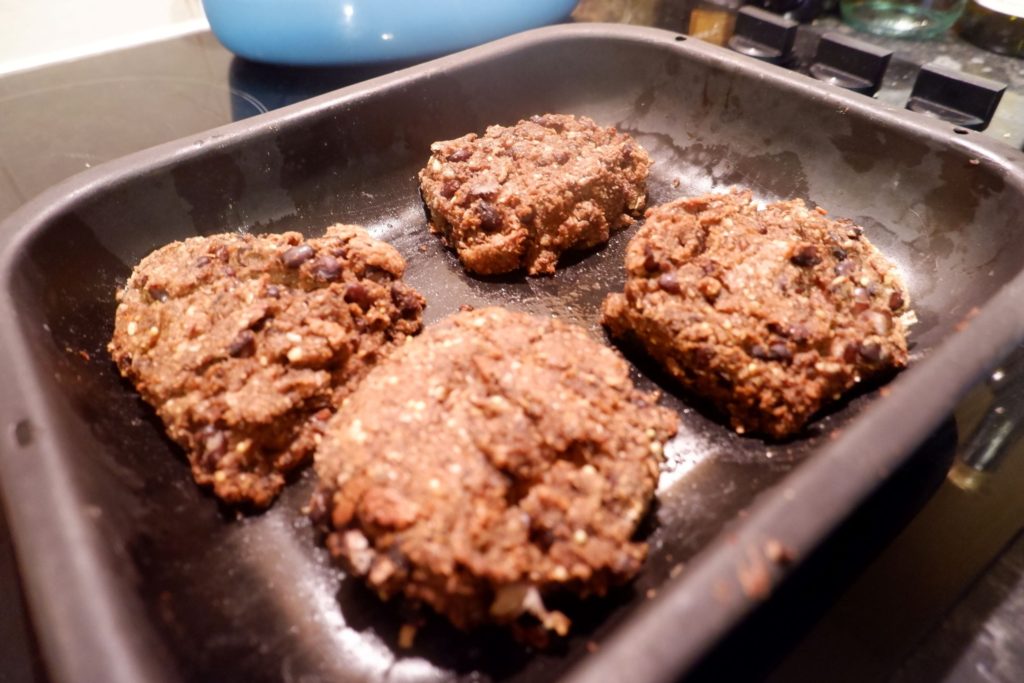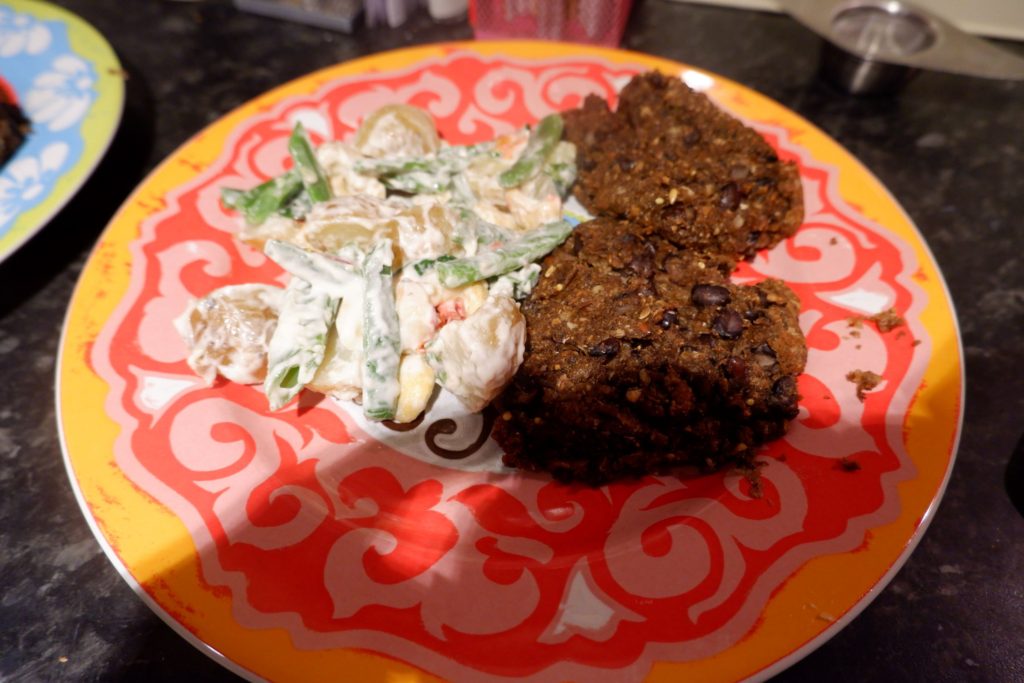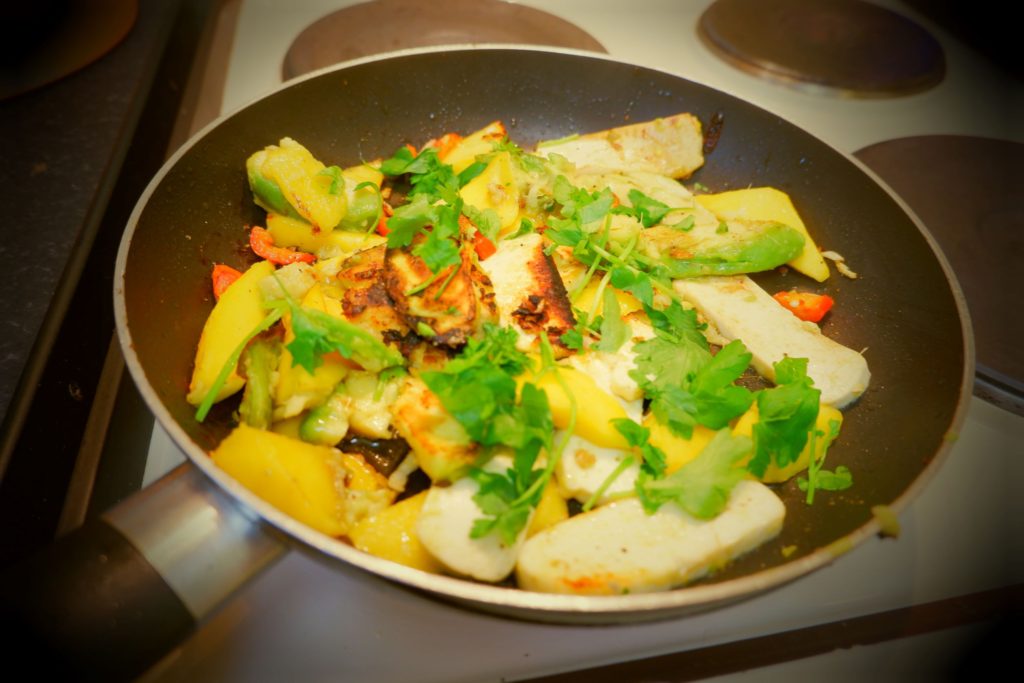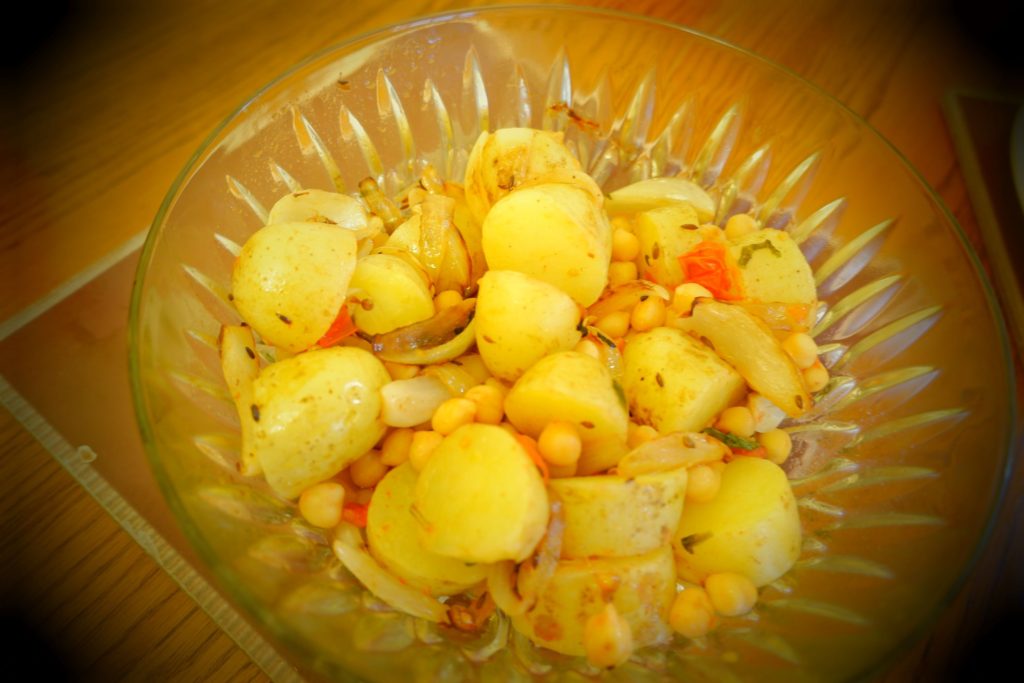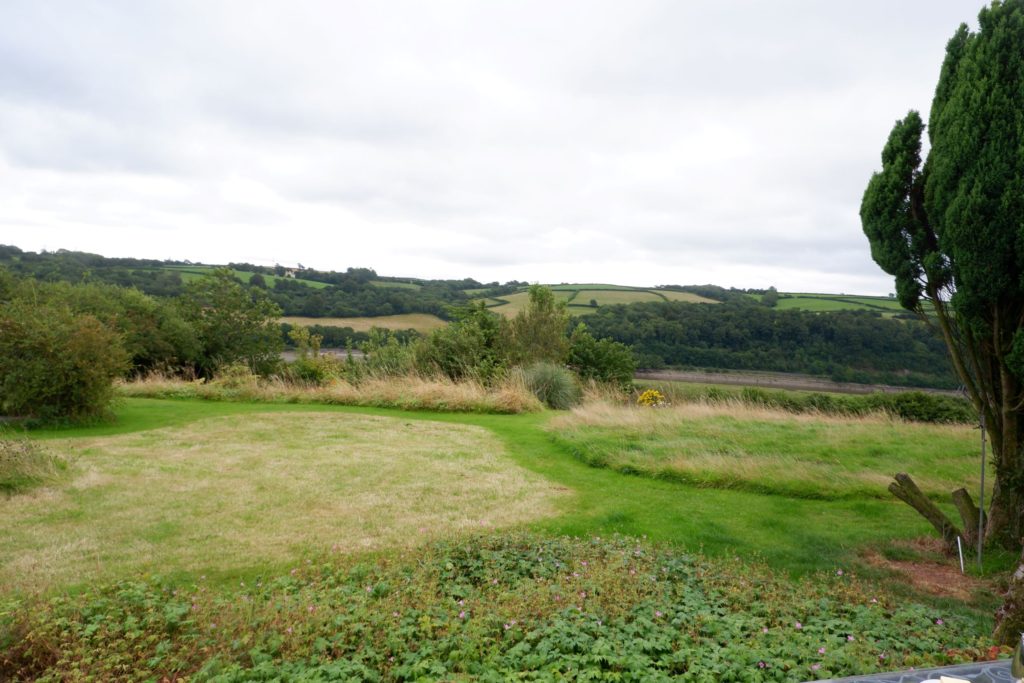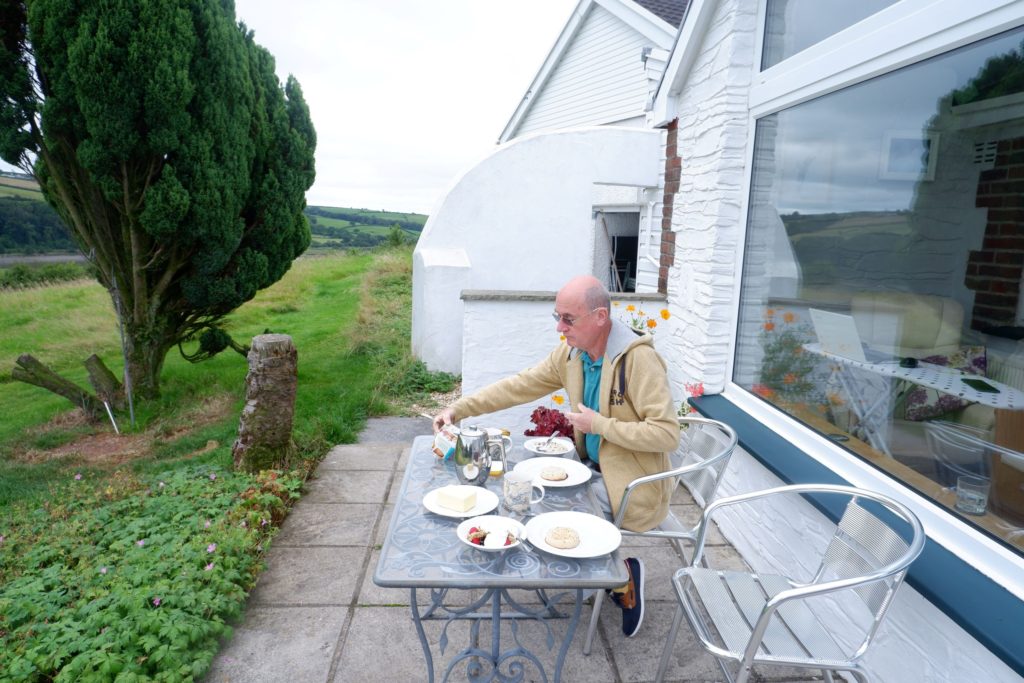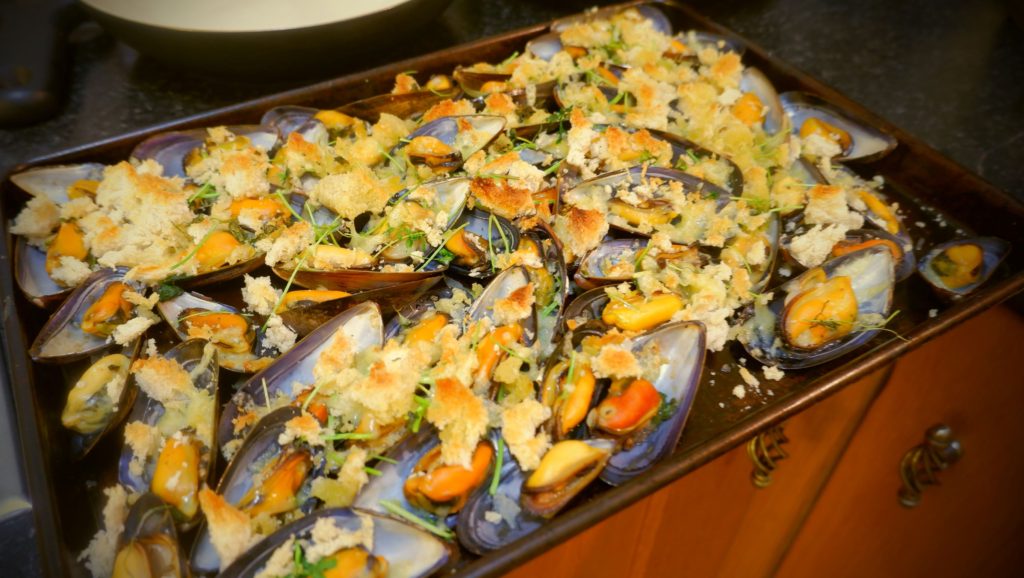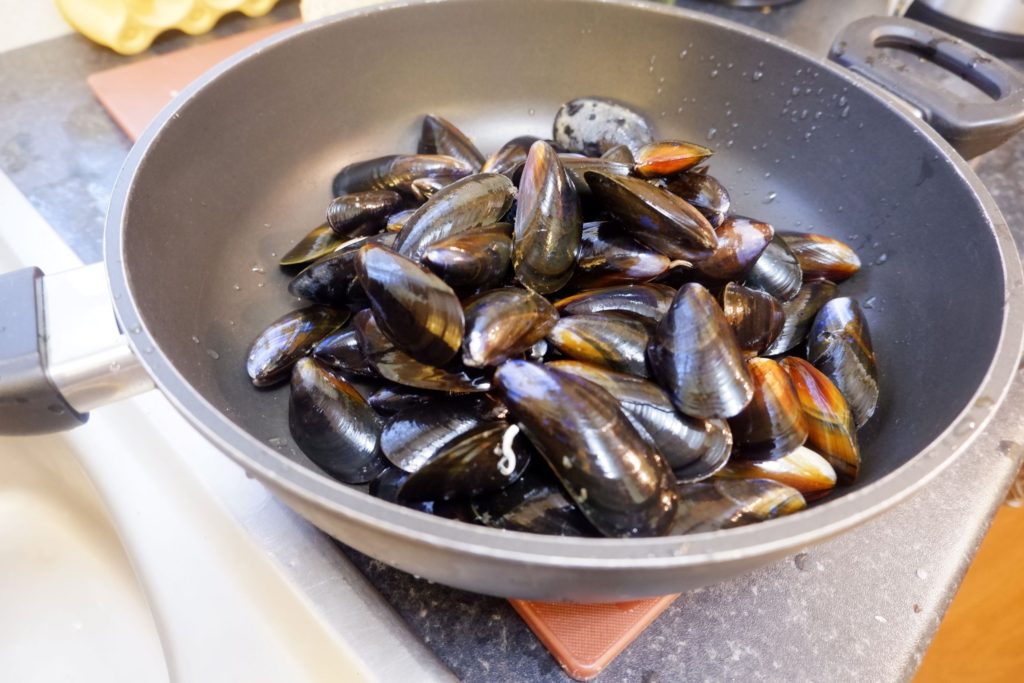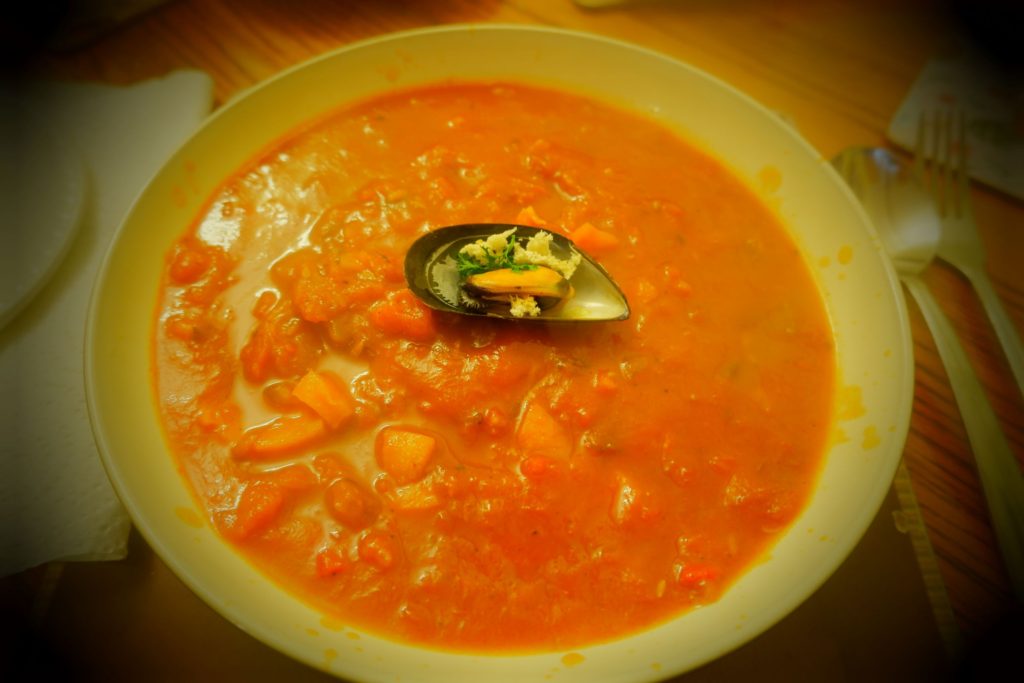
We travelled to Casablanca in February for our winter sun. Escaping the cold, grey UK winter has become a favourite habit of ours, even though we can only practically manage it for a week at the moment; my school half-term holiday. Morocco has long been somewhere that we have wanted to visit; we chose Casablanca because I love the coast. Actually in the end we did pay a short trip to Marrakech, but more about that in another blog piece….
On this occasion we chose not to hire a car. I leave these decisions entirely up to Paul, given that he is the one who will have to the driving if we do go for the car option. Our apartment was in the middle of a middle class shopping centre, so we were close to everything that we needed in terms of food (always one of my main concerns on holiday).
We like to walk and I have to walk to keep healthy, so getting from A to B on foot was a good plan. Temperatures promised to be in the mid 60s (I like to work in old money) so just perfect for some brisk walks in the sunshine. We do find that even walking round a city and seeing the sights, you can get in a huge number of steps, more than you would during the working week. Hence a combination of walking and taxis seemed a really good plan. Many days we would walk to our destination and then get a taxi back at the end of the day. The photo at the top of the page is of Rick’s Cafe. This was created in 2004, as a dream to celebrate the acclaimed film, Casablanca. We had a wonderful lunch there and then afterwards headed off to a local wine shop to get some supplies. We also found a Carrefour selling alcohol free beer; not available at our local branch near the apartment. I admit that I hunted down the wine shop, as I did not want to spend the week drinking water and fruit juice; I do enjoy a glass of wine. It is perfectly legal in Morocco, just not readily available.
We then had a double reason for needing to take a taxi back; we had already walked miles that day, and we had bottles to carry back to the apartment. I had already established that taxis in Morocco are licensed cabs, not taxis that you have to ring for and book. You can just stand at the side of the road and hail one down. There are so many taxis in Morocco! There are ‘Petit Taxis’ and ‘Grand Taxis.’ Petit are meant to be for your sole use and Grand you have to be prepared to share with other passengers. The fares are very cheap, but the cars are not that great – a bit tatty and grubby! In reality we found that we were just as likely to have to share when taking a Petit Taxi, although there are only 3 seats available. In addition, the drivers only take cash and often don’t have change. So quite often as passengers you might be pooling your available change with complete strangers, stopping off at cash machines or waiting for the driver to find another friendly taxi driver with more change in his pocket.
On this occasion, I went round to the road side to get into the car. The road was really busy (no surprise there then!) and the car was much lower than I am used to. Hence I bashed my right eye on the car door and knocked my contact lens off centre. I just sat still for the whole journey, praying that the lens was still there. Fortunately I managed to retrieve the lens when we arrived back at the apartment. What a relief! I have gas permeable ones and have to order a new one if I lose them.

I don’t actually have many photos of busy streets, as we were too busy negotiating traffic. Hence the photo above is of our walk to Rick’s Cafe. I did not have time to take photos whilst crossing roads- even though I take hundreds of photos on holiday. I am also quite nervous about crossing busy roads and try to hang onto Paul for my sanity; but he forgets and crosses the road without me – then wonders where I am! (still waiting to cross usually!) Moroccan drivers do not believe in stopping for pedestrians and have an aversion to zebra crossings; although one is marginally more likely to succeed in crossing the road using a zebra. The drivers also use their horns constantly; I really do not see the point of everyone honking at everyone!
On what was meant to be our last day (see the next exciting sequel!) we actually spent more money on taxis than usual. We started off in a Petit Taxi, but the driver only wanted to take us so far. You need a Grand Taxi to get to the airport. So he drove us a certain distance and delivered us to his mate who would take us the rest of the way. At first he did not seem to want payment; then he wanted a tip and I ended up giving him far too much money. My French is good but my mastery of the local currency is not. We then had to pay the Grand Taxi driver; he did not have any change, so we ended up over-paying again!
In conclusion, we decided it had been a good decision not to hire a car. Quite honestly it was more pleasant to leave someone else to do the navigating and deal with the scary traffic. There is not much lane discipline and you might end up being at a disadvantage if you were not prepared to use your horn liberally – and I could not quite see Paul doing that!

